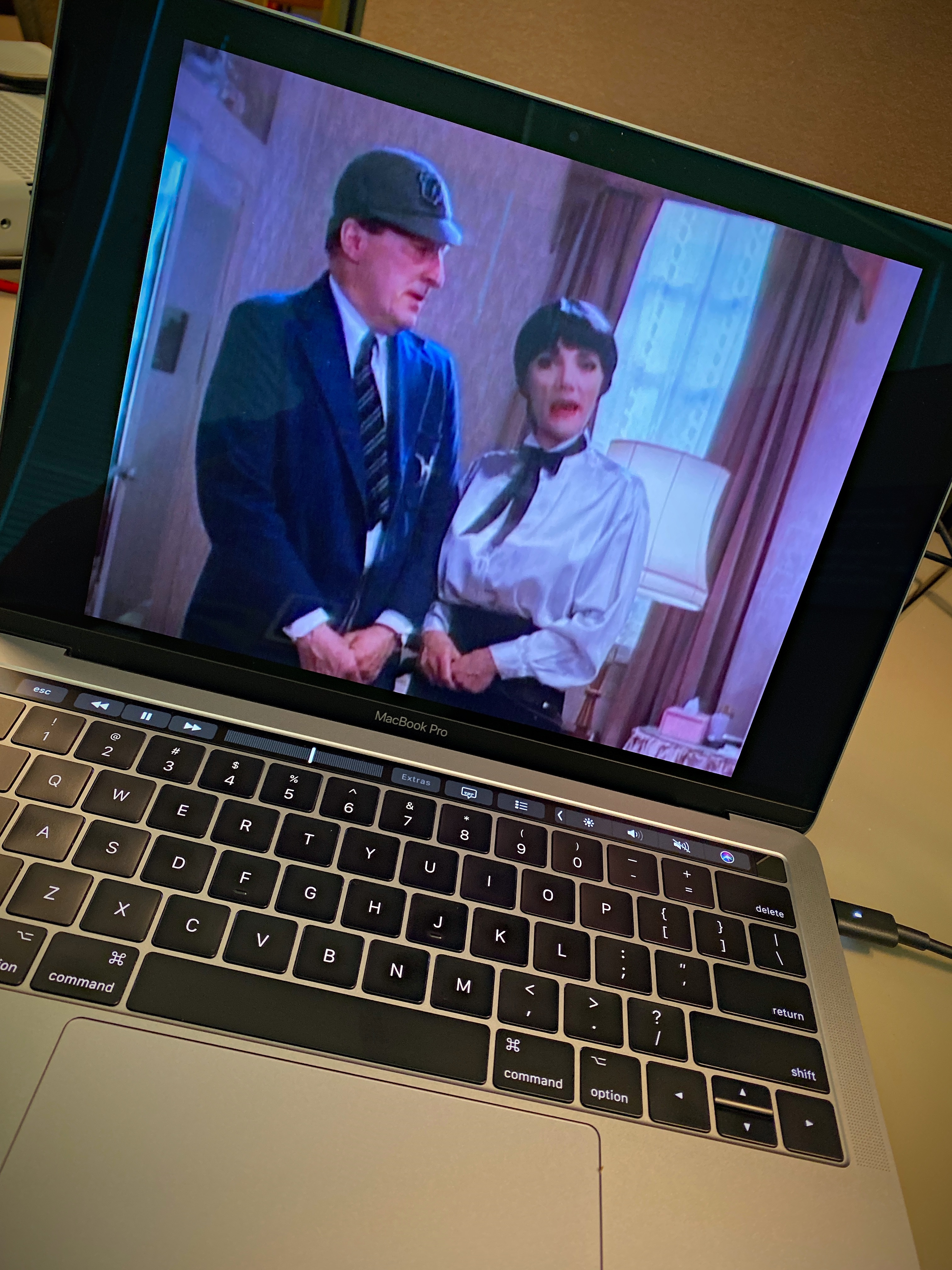Not canon, but based on the Dune Encyclopedia.
Click to embiggen.
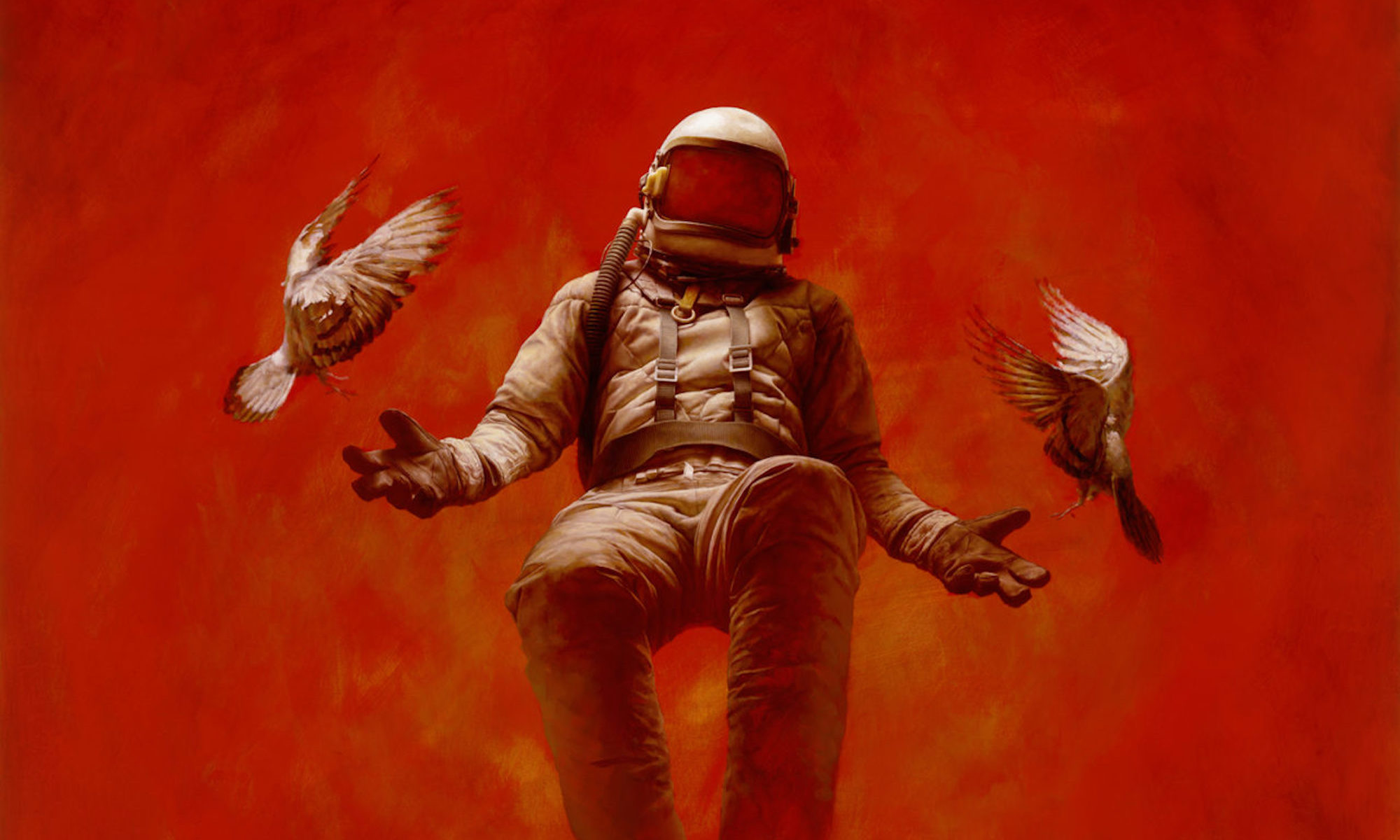
Once a legitimate blog. Now just a collection of memes 'n menz.
I ran across this artist, Alex Jay Brady (his Instagram) the other day and wanted to share. IMHO, his vision of DUNE is amazing, especially the worms:
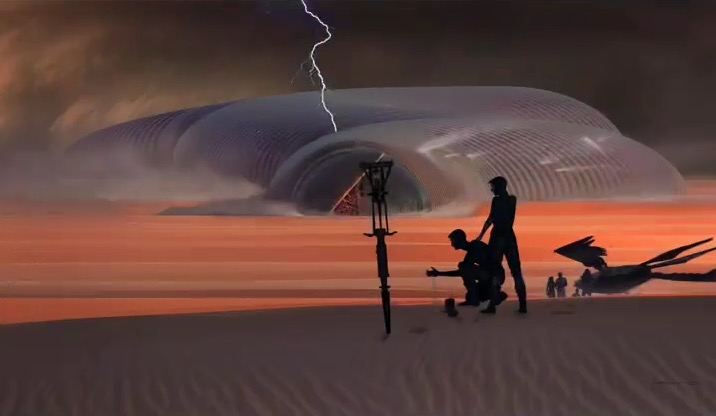


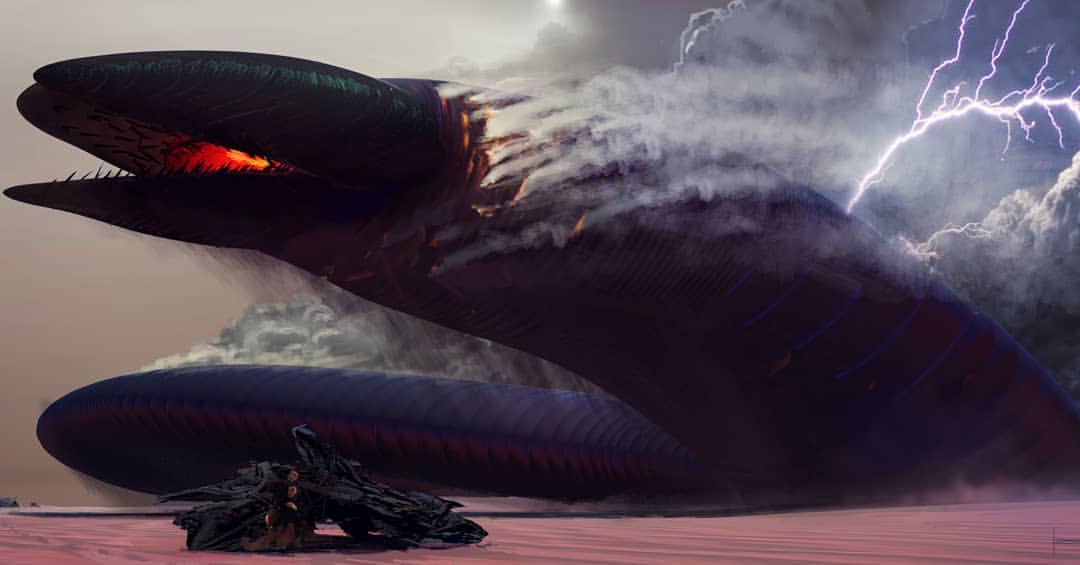
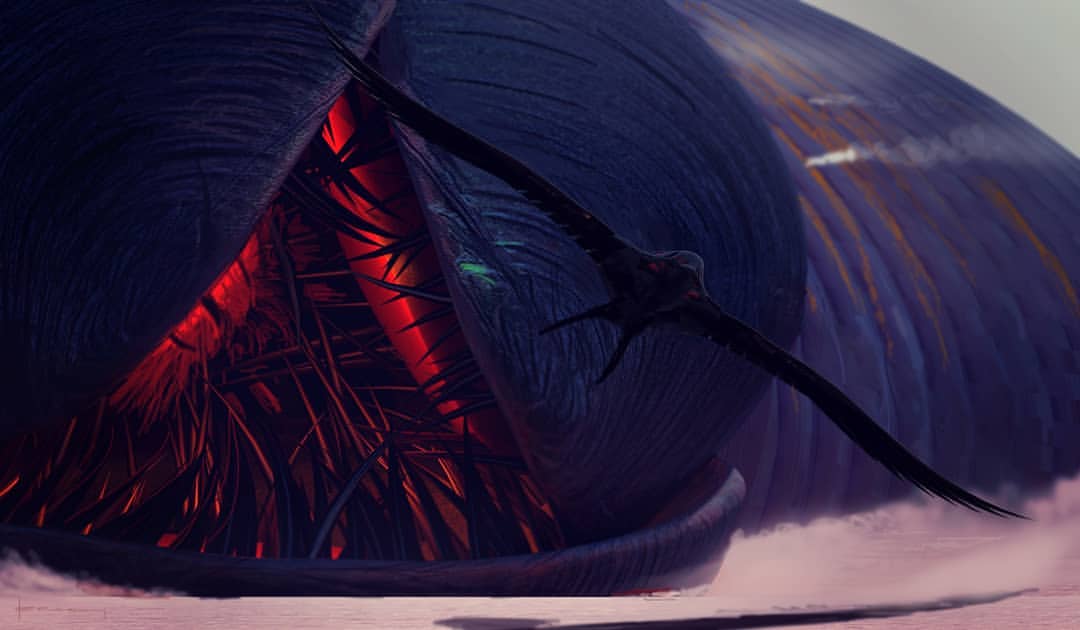

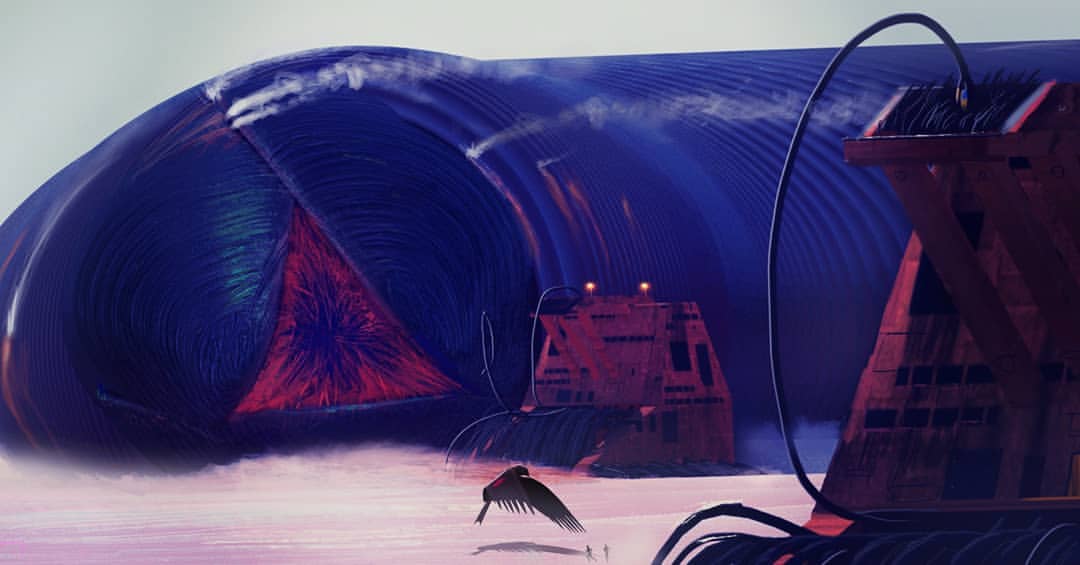
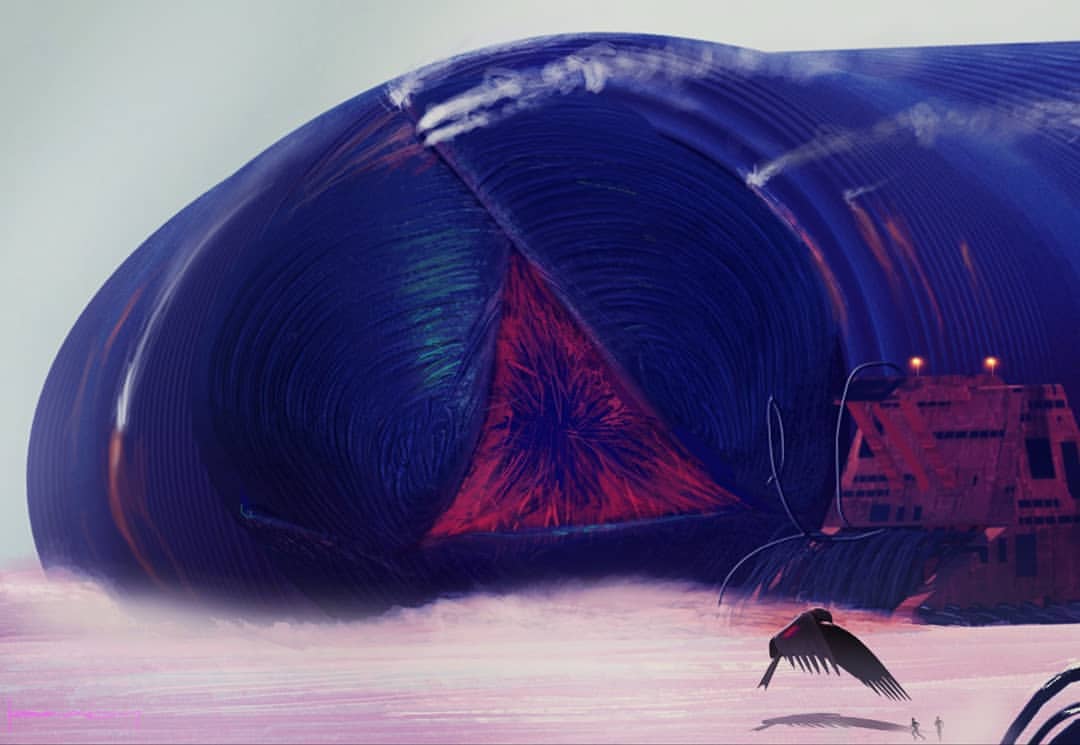
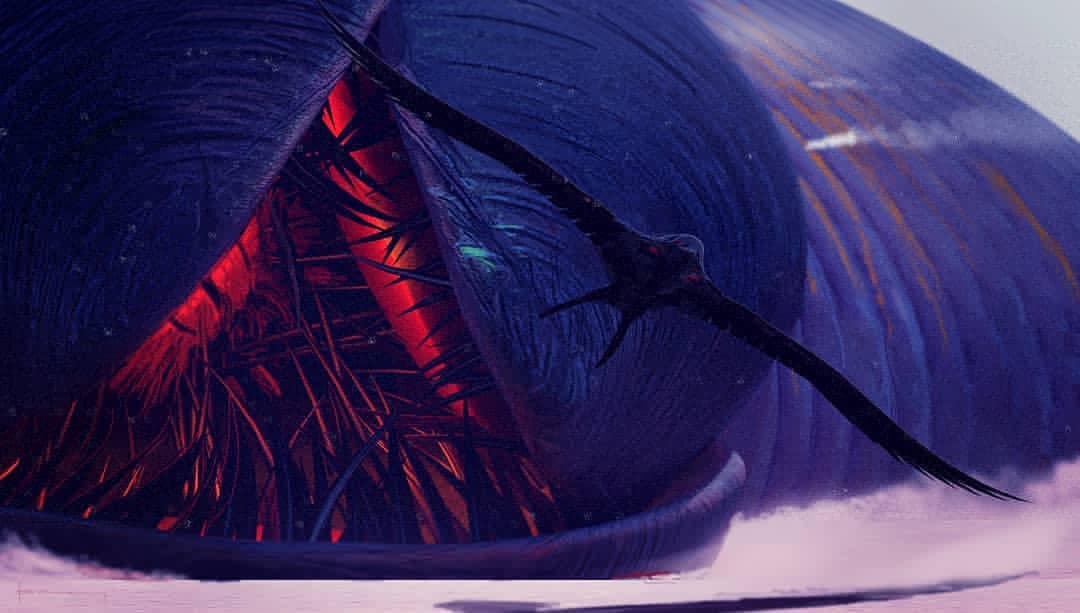
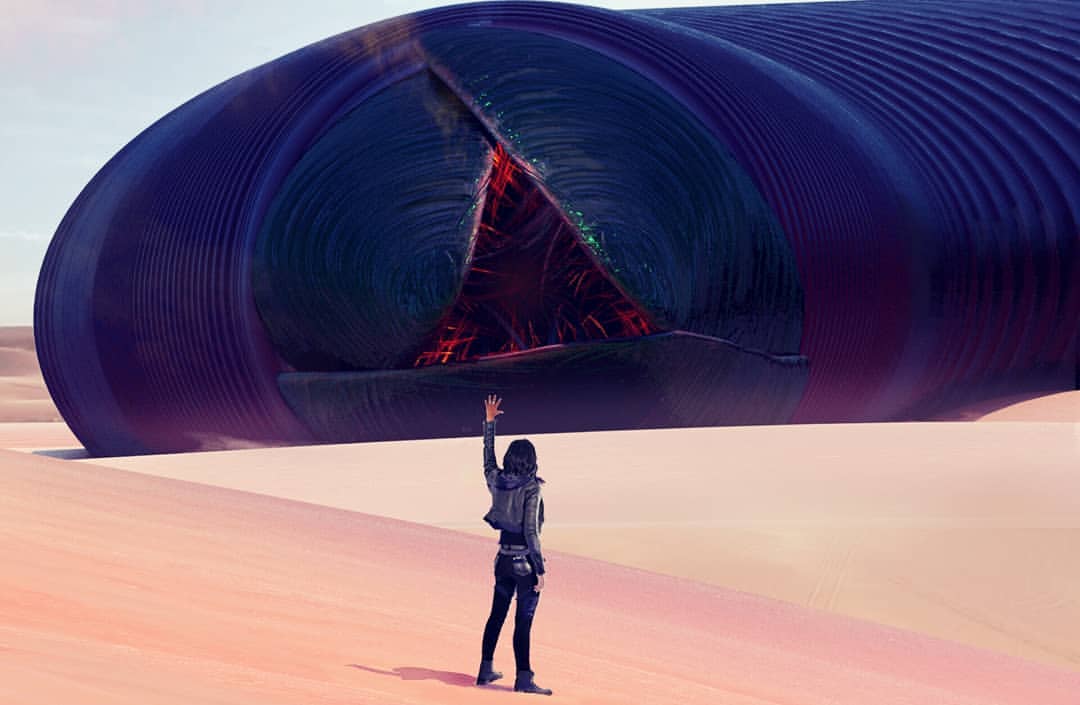

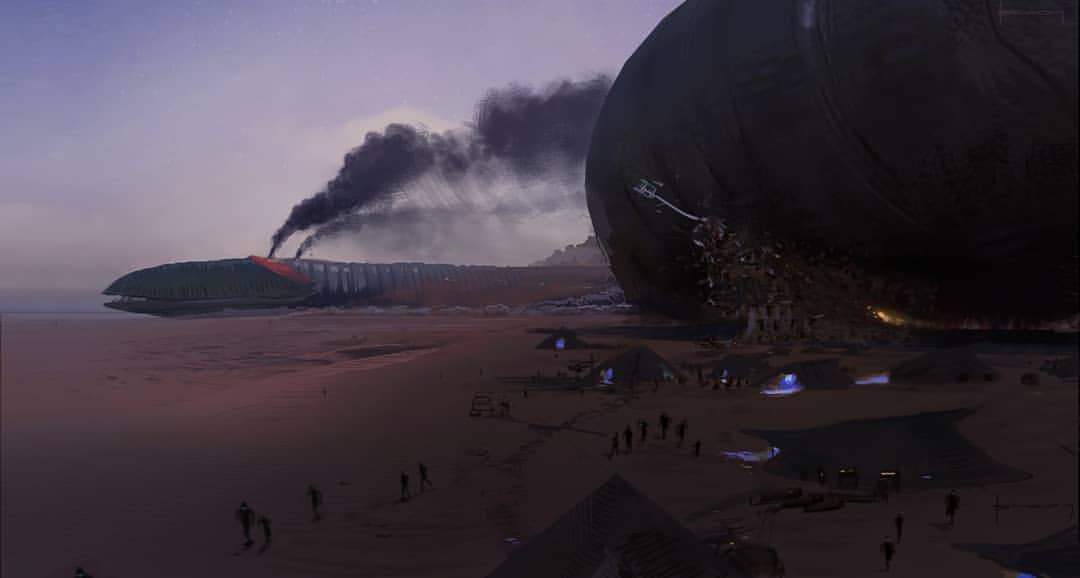
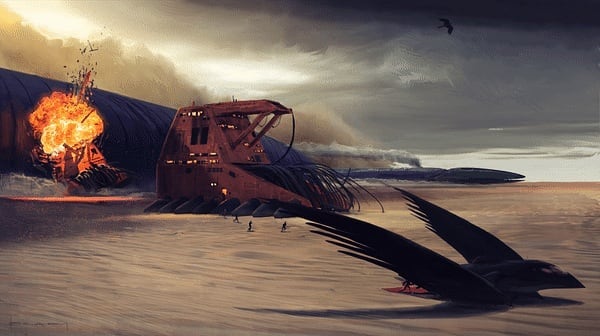
From The Battle of Arakeen:
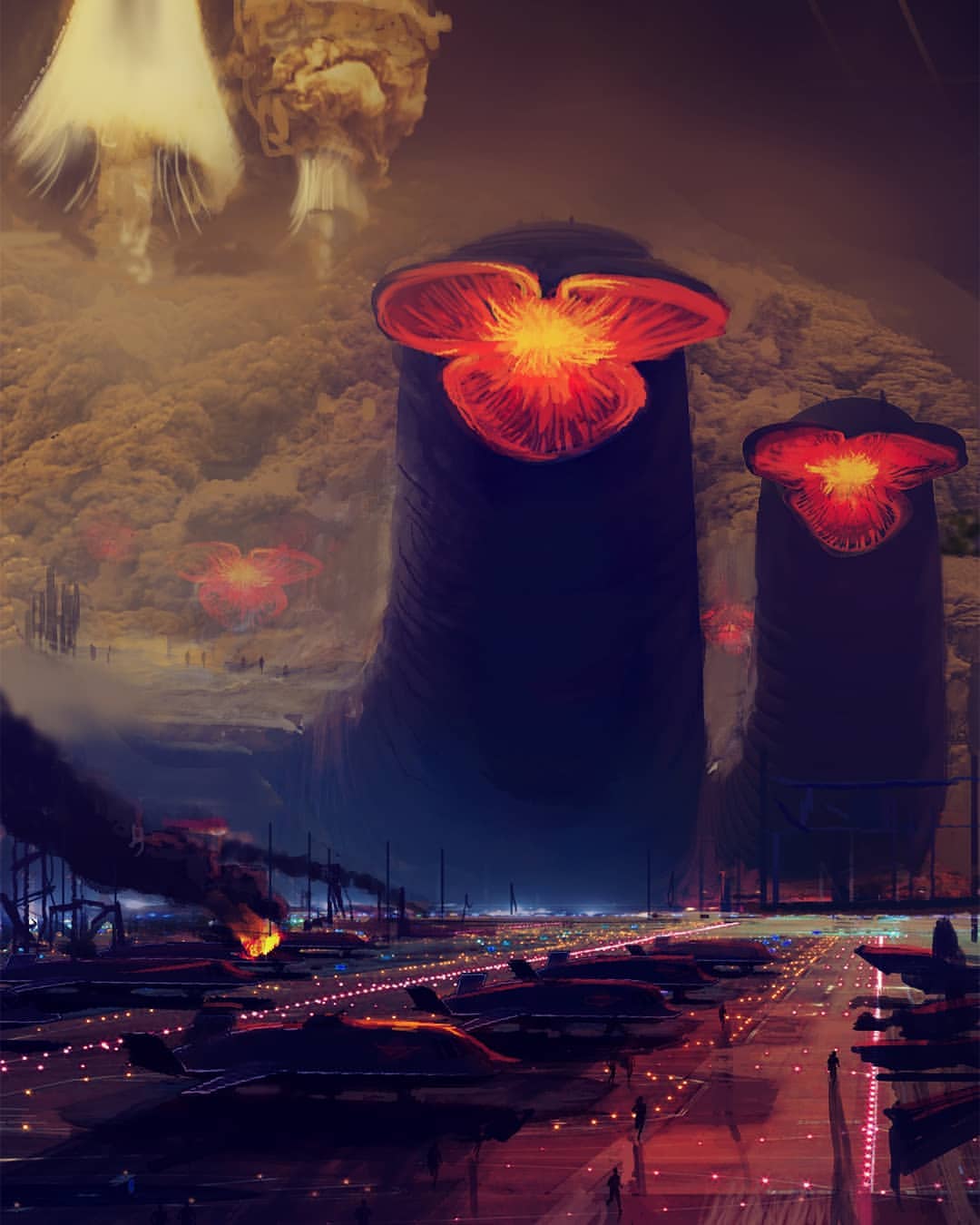
Guild Highliners:
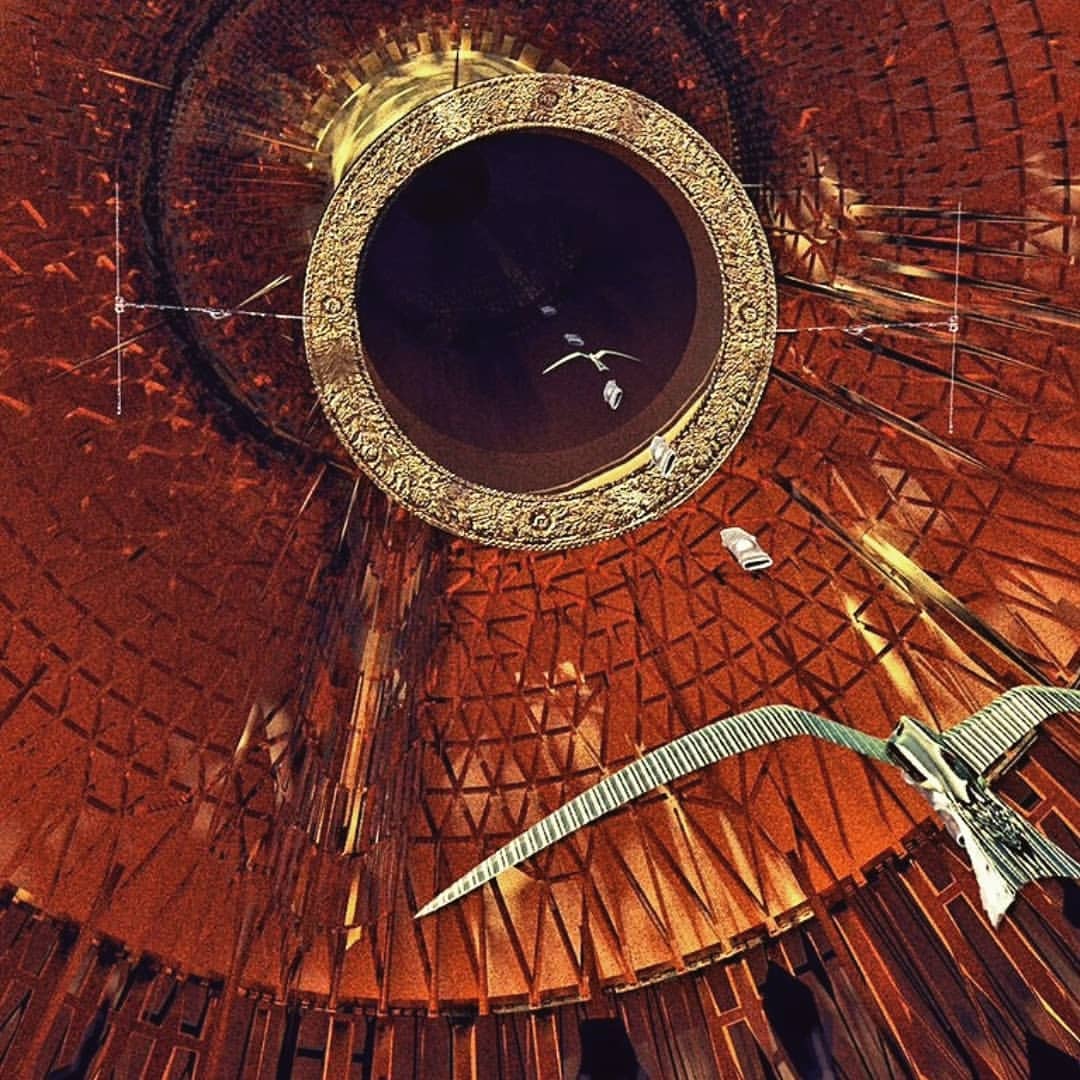


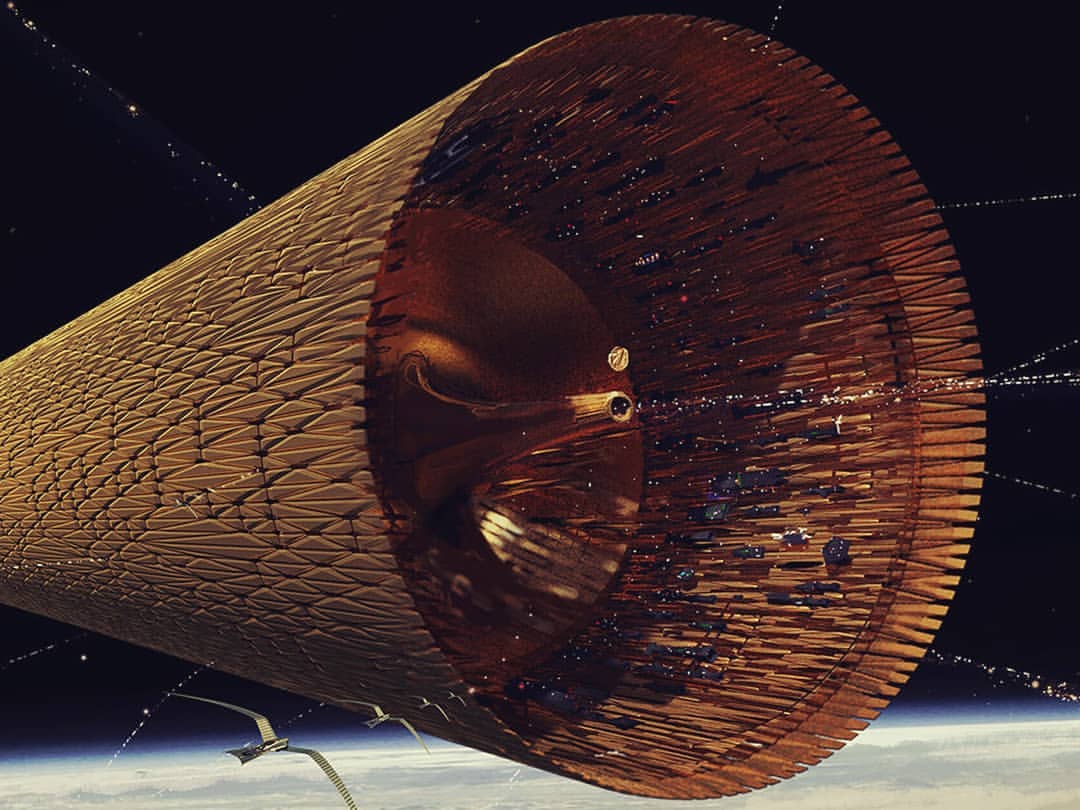



Alex presents an interesting take on Giedi Prime, home of the Harkonnens. I'd always envisioned the planet as a dark, perpetually polluted hellscape, but Mr. Brady has a different view:
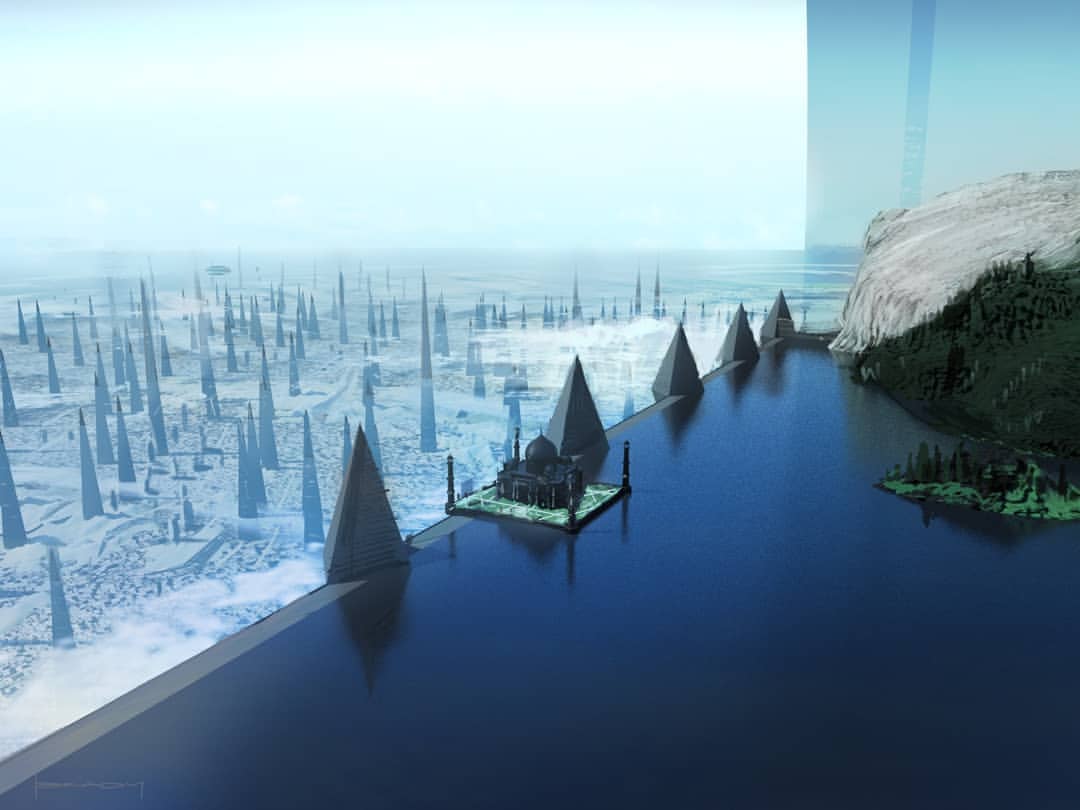
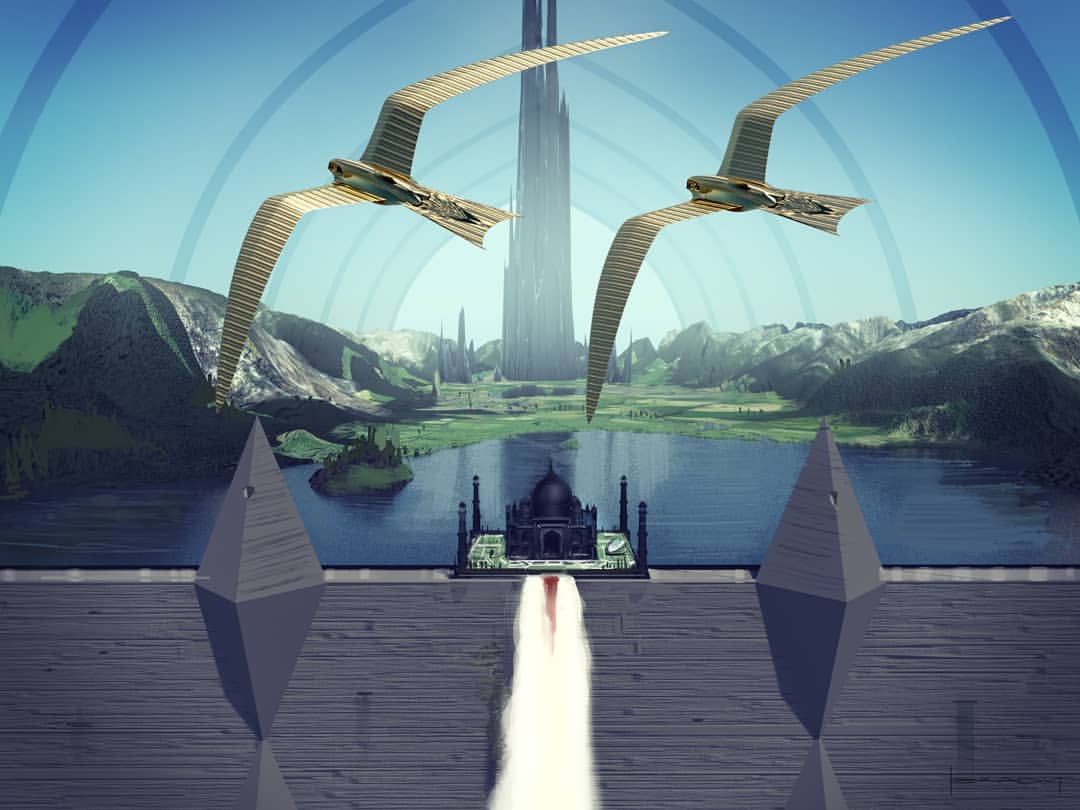
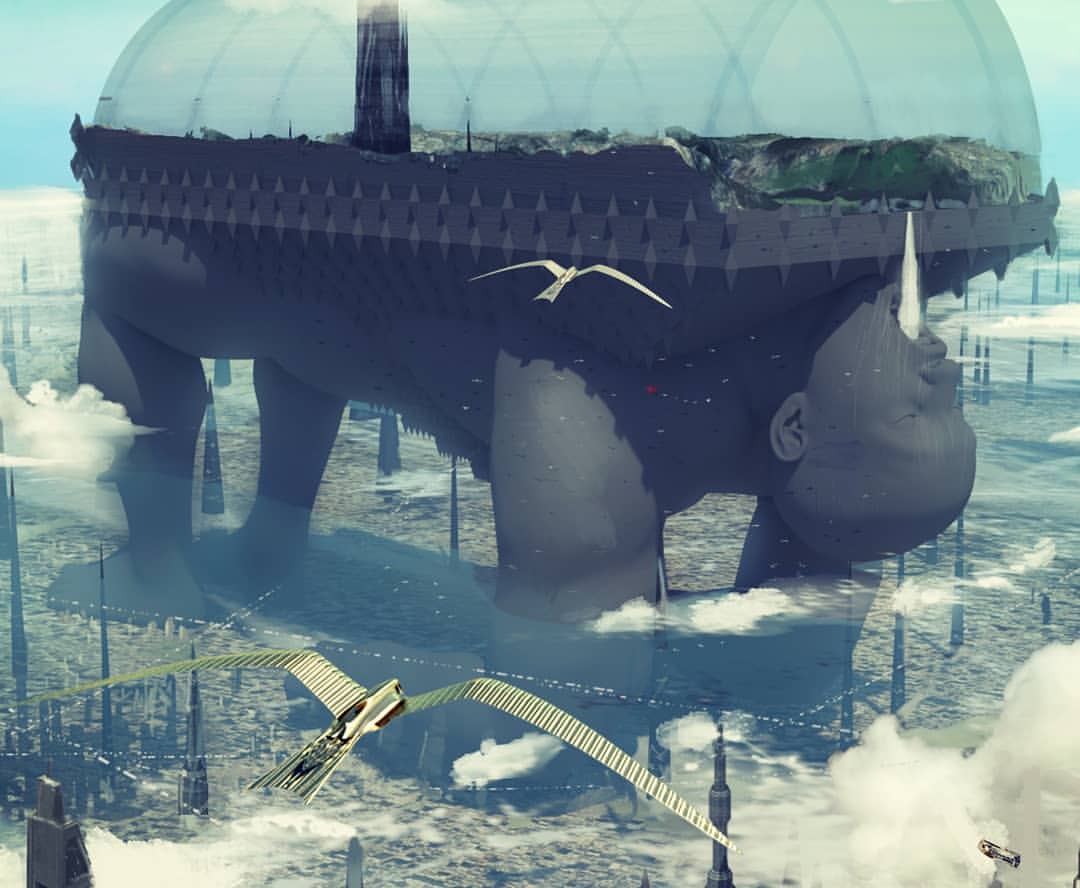
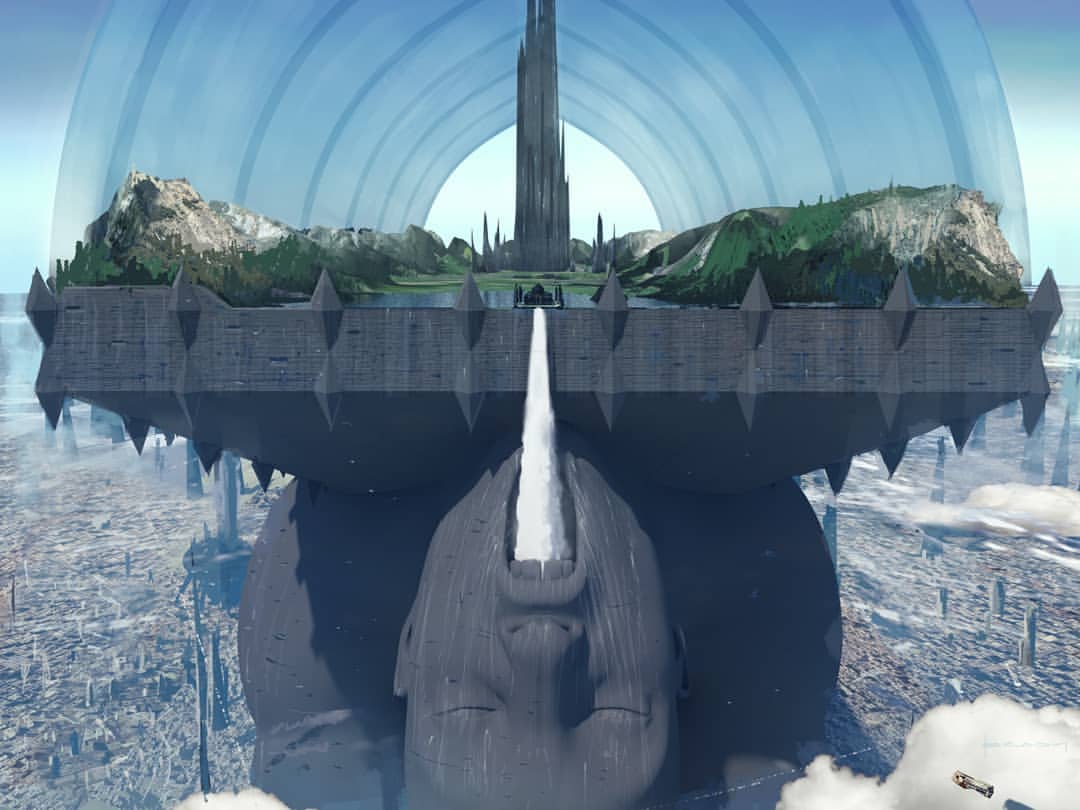
His interpretation of the ornithopters (in multiple panels above and pictured below on Caladan—something that was never explicitly stated in the books, but upon reflection would have to have been obvious) is also much more aligned with how I pictured them upon reading the novel, even moreso than Denis Vileneuve's vision in the upcoming film:



From Book 3, God Emperor of DUNE, the worm/human hybrid himself, God Emperor Leto II:
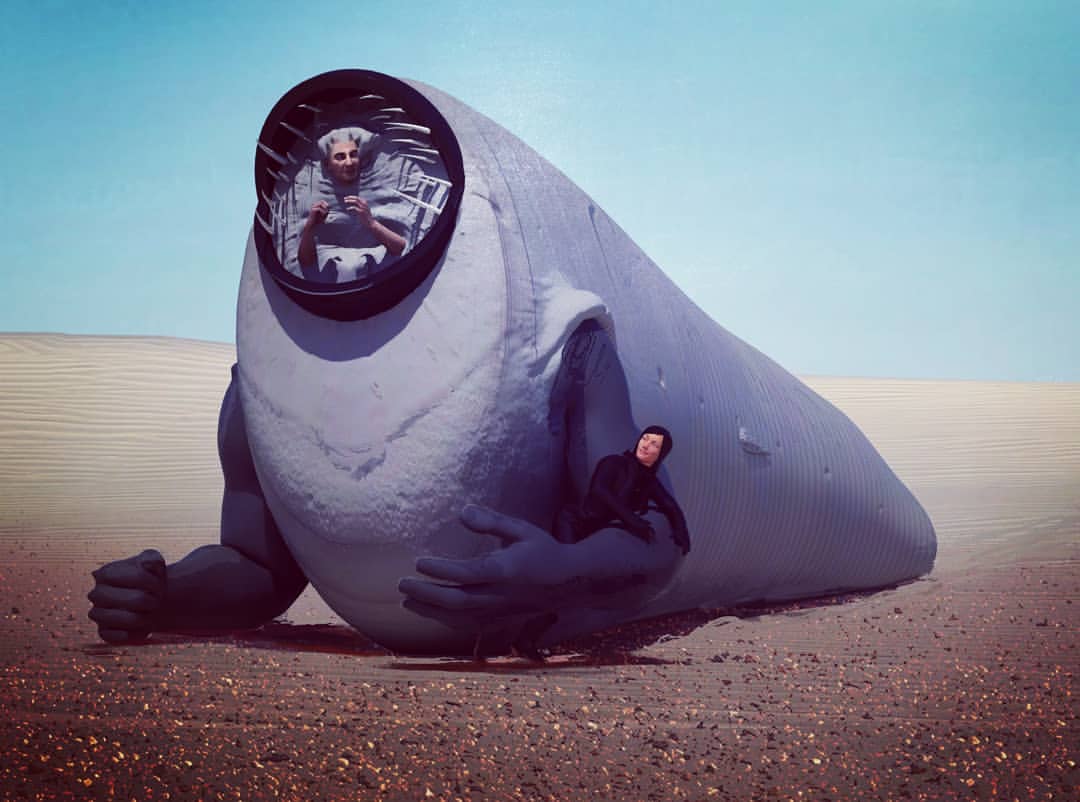
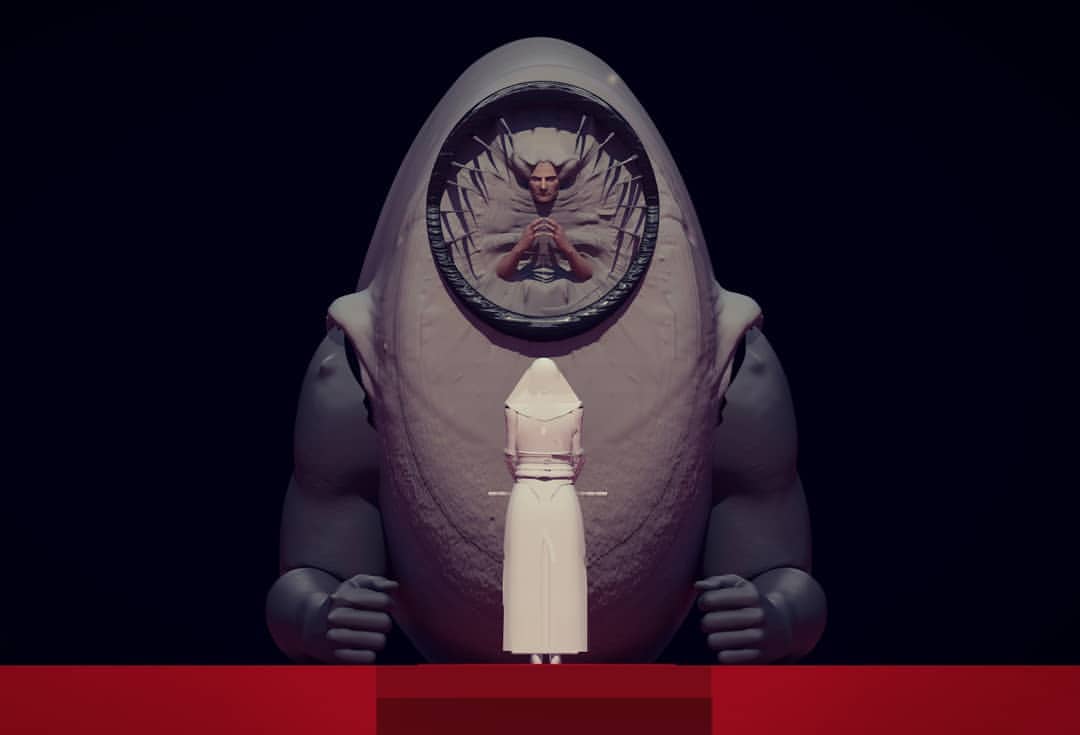
This is ticking all the boxes. At last…a director who gets it and has actually read the book.
I joked last week that when this trailer came out the Dune YouTubers I follow all left wet spots on their seats, but I was right there with them.
A few images leaked from a teaser trailer for a certain upcoming movie I am very excited to see (and hope that it will be safe enough to return to a theater in time for its debut). Withholding judgment until I see more, because I never found fault with the visual aesthetic of the previous attempt to bring this saga to the big screen, but I do find these images intriguing.
"Put your right hand in the box," she said.
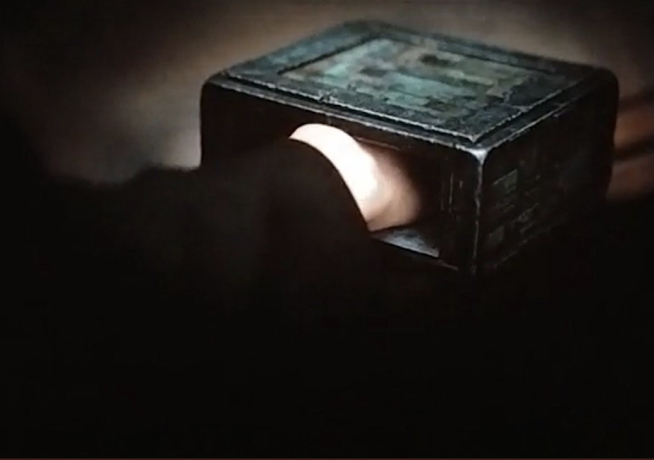
"What's in the box?"
"Pain."
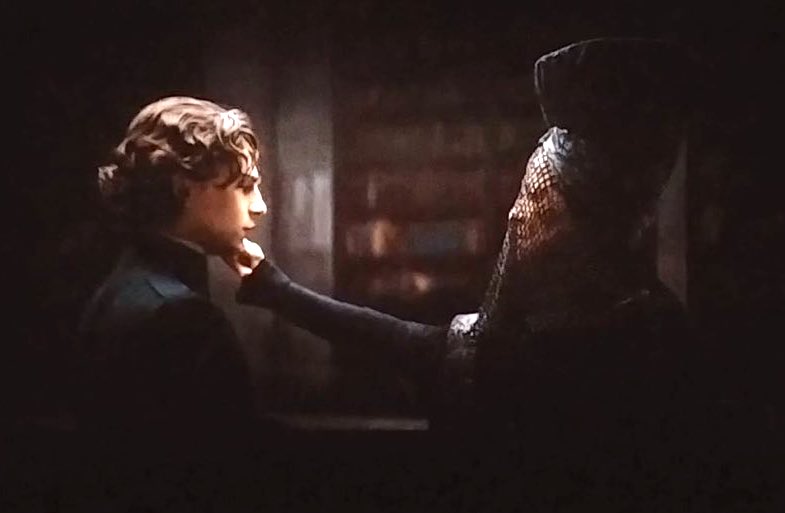
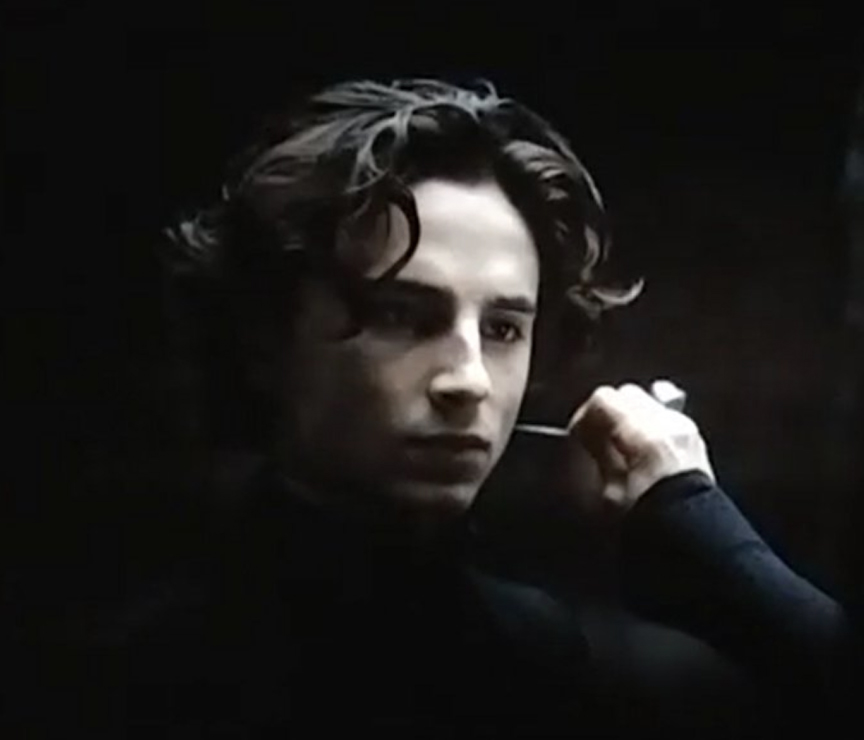
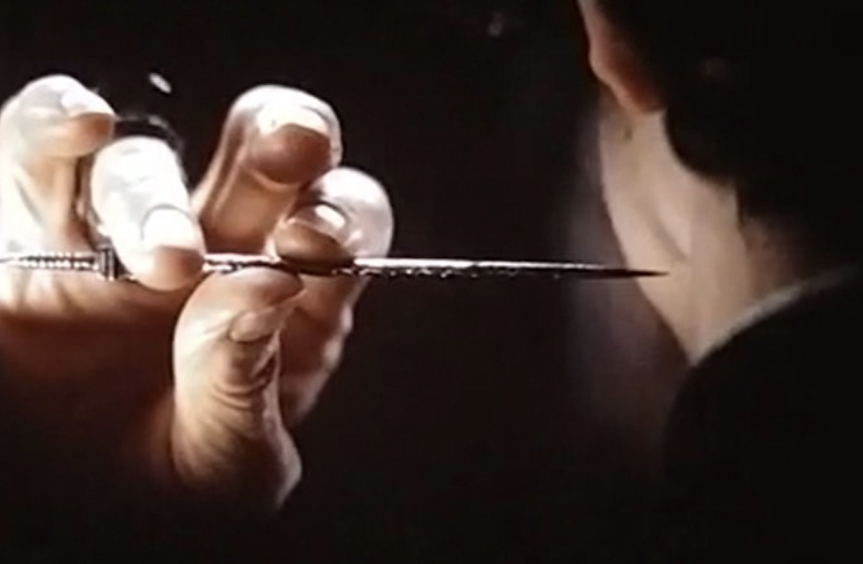
"I hold at your neck the gom jabbar," she said. "The gom jabbar, the high-handed enemy. It's a needle with a drop of poison on its tip. Ah-ah! Don't pull away or you'll feel that poison."
The itch became the faintest burning. "Why are you doing this?" he demanded.
"To determine if you're human. Be silent."
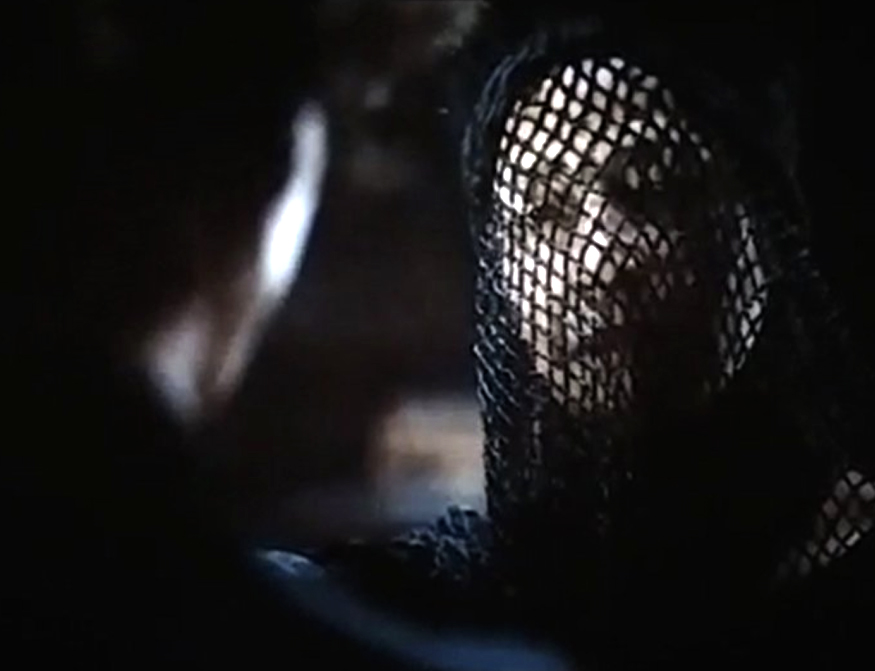
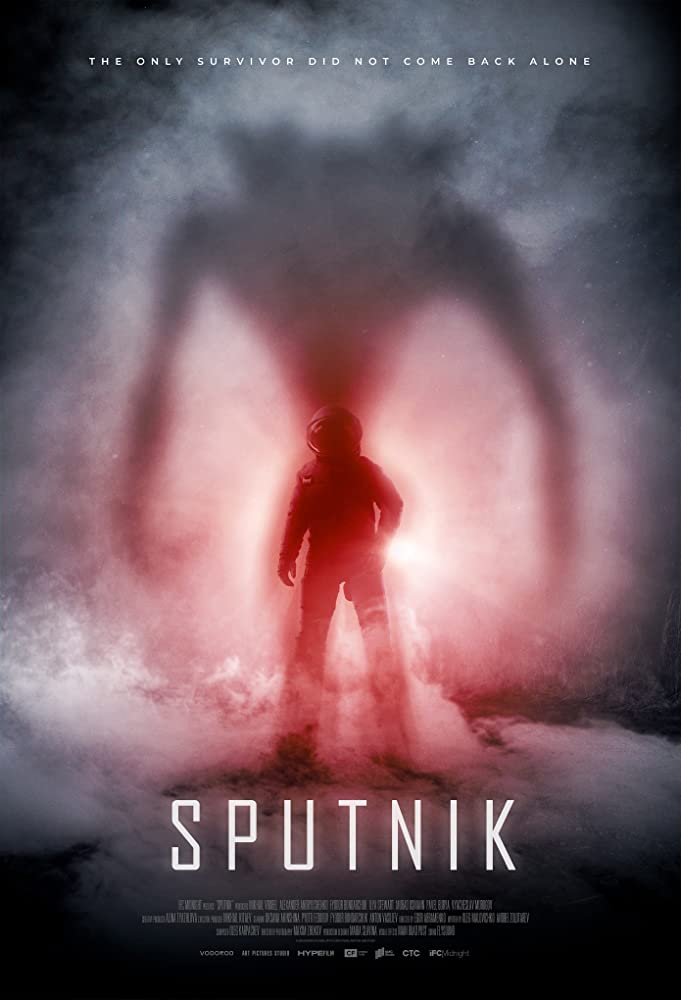
"There's been an incident in space."
I stumbled across this film yesterday via ads showing up on my Instagram stream and it looked intriguing enough that I was willing to drop the $6.99 rental fee and check it out. While I was prepared to be disappointed, I came away pleasantly surprised. It's definitely worth rental (I watched through AppleTV, but it's also available through Amazon and numerous other sources).
Described by some as a cross between Alien and Arrival (I wouldn't go that far), Sputnik takes place in the Soviet Union in 1983 at the peak of Cold War tensions. It tells the story of the return of the Orbit-4 space mission and its crew. The landing site is horrific: the commander is dead, the flight engineer is in a coma. The third crew member,* Valery Basov, has survived but has lost his memory from the experience and cannot shed any light on the cause of the accent. In a secluded government facility, under the constant watch of armed guards, an upstart, outspoken psychologist Tatiana Kilmova is brought in to attempt to cure the astronaut's amnesia and unravel the mystery. In the process, she learns that Orbit-4 has carried back with it an alien parasite that threatens to destroy them all.
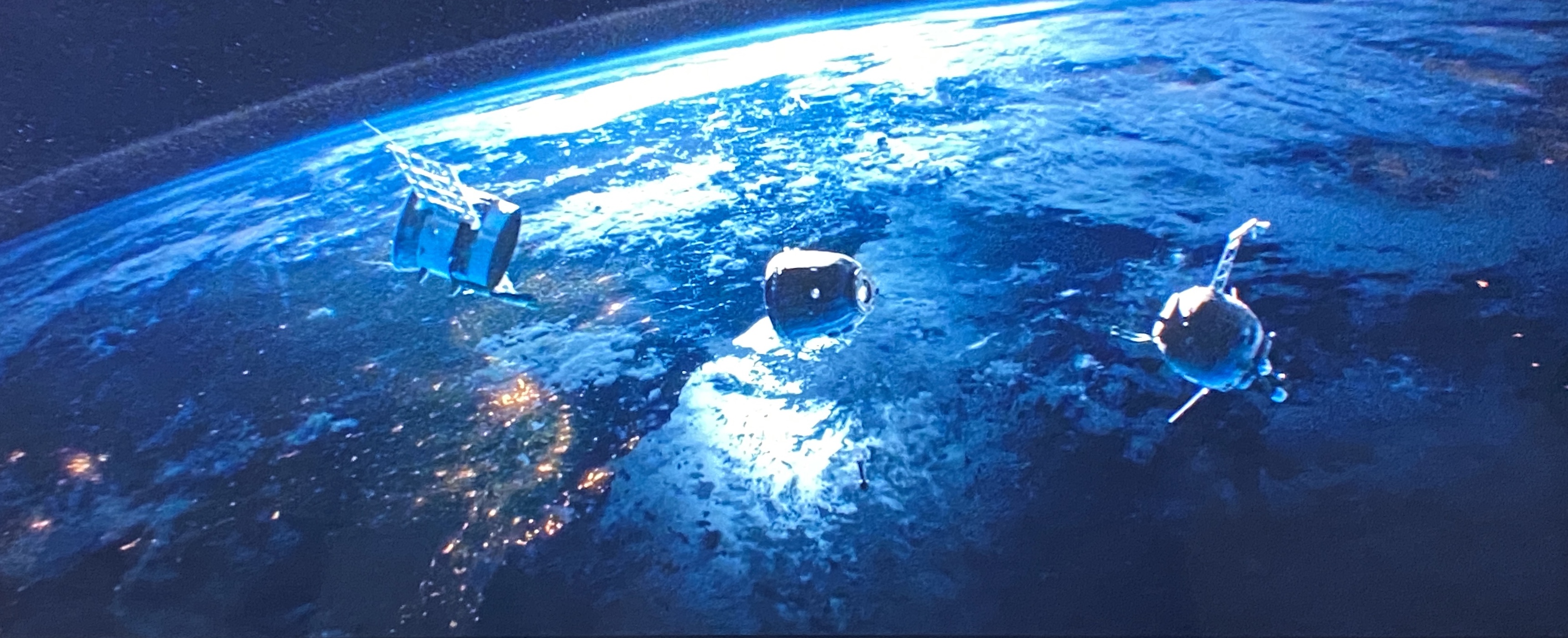
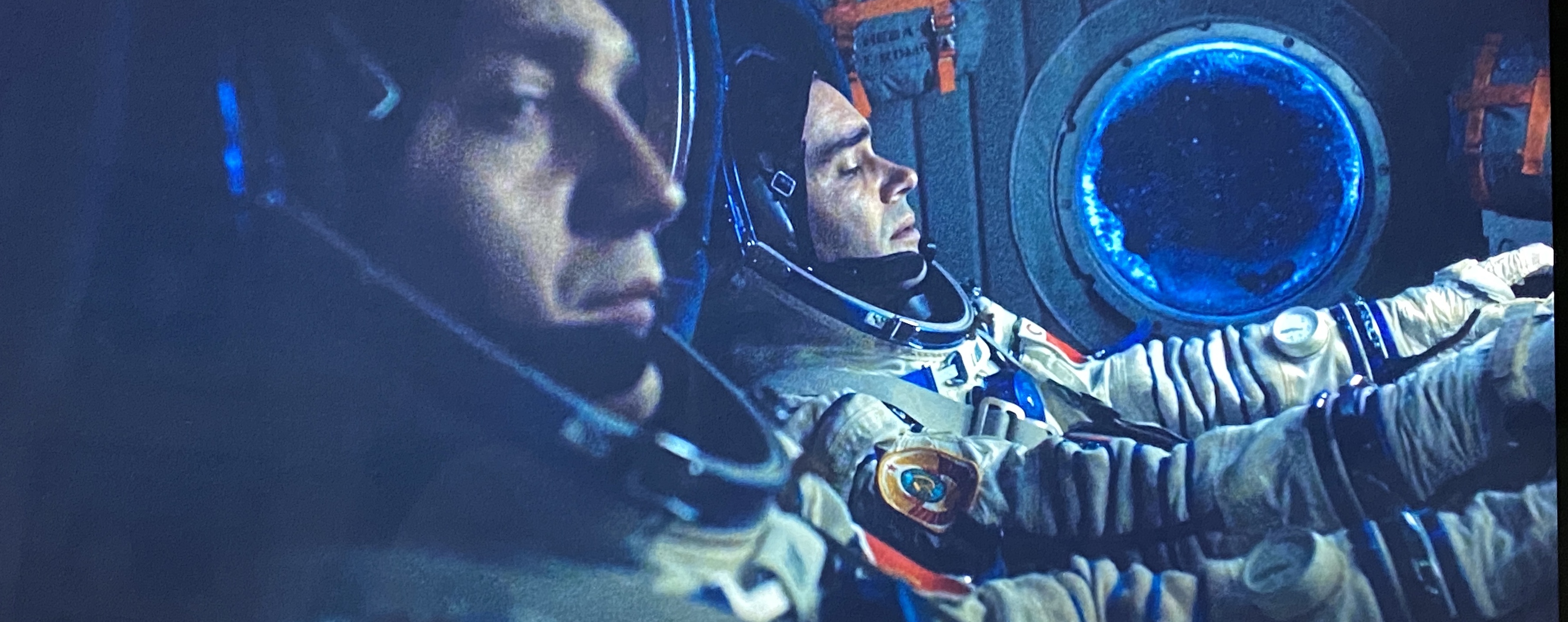
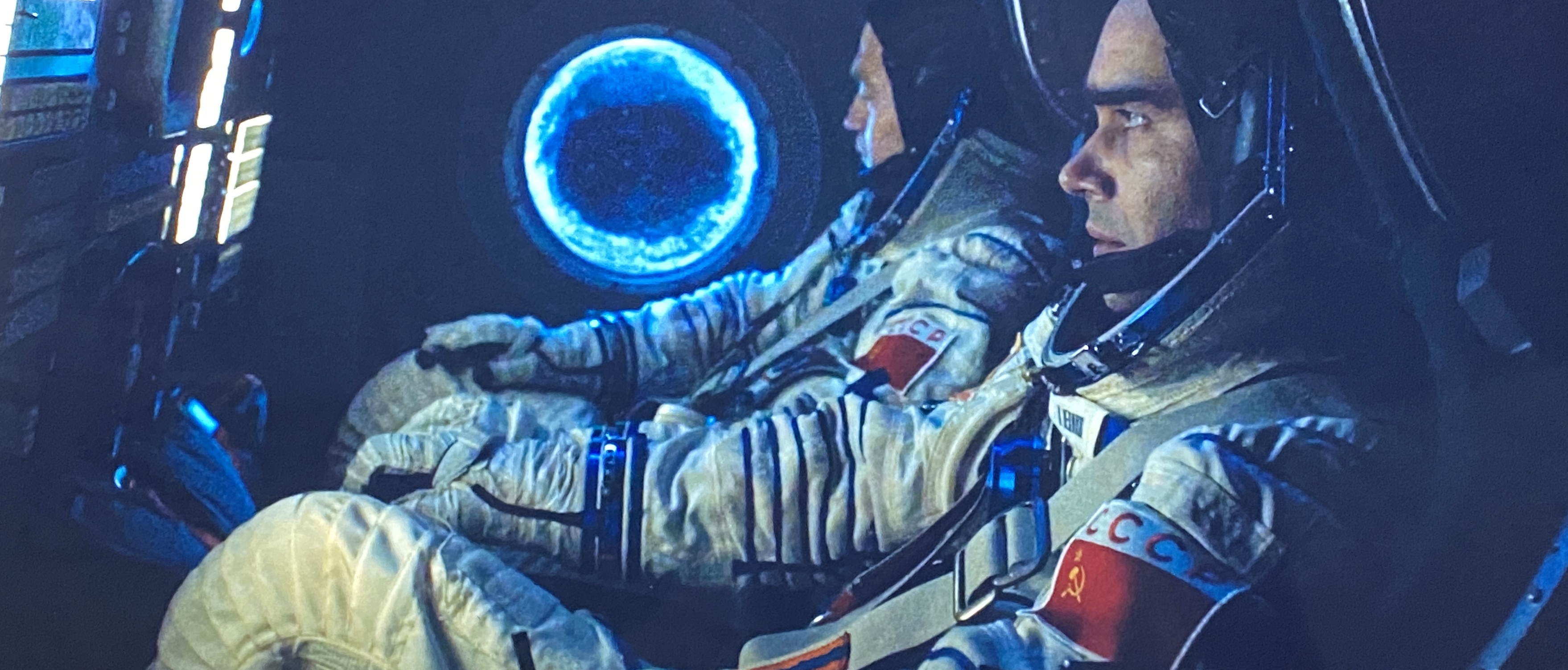
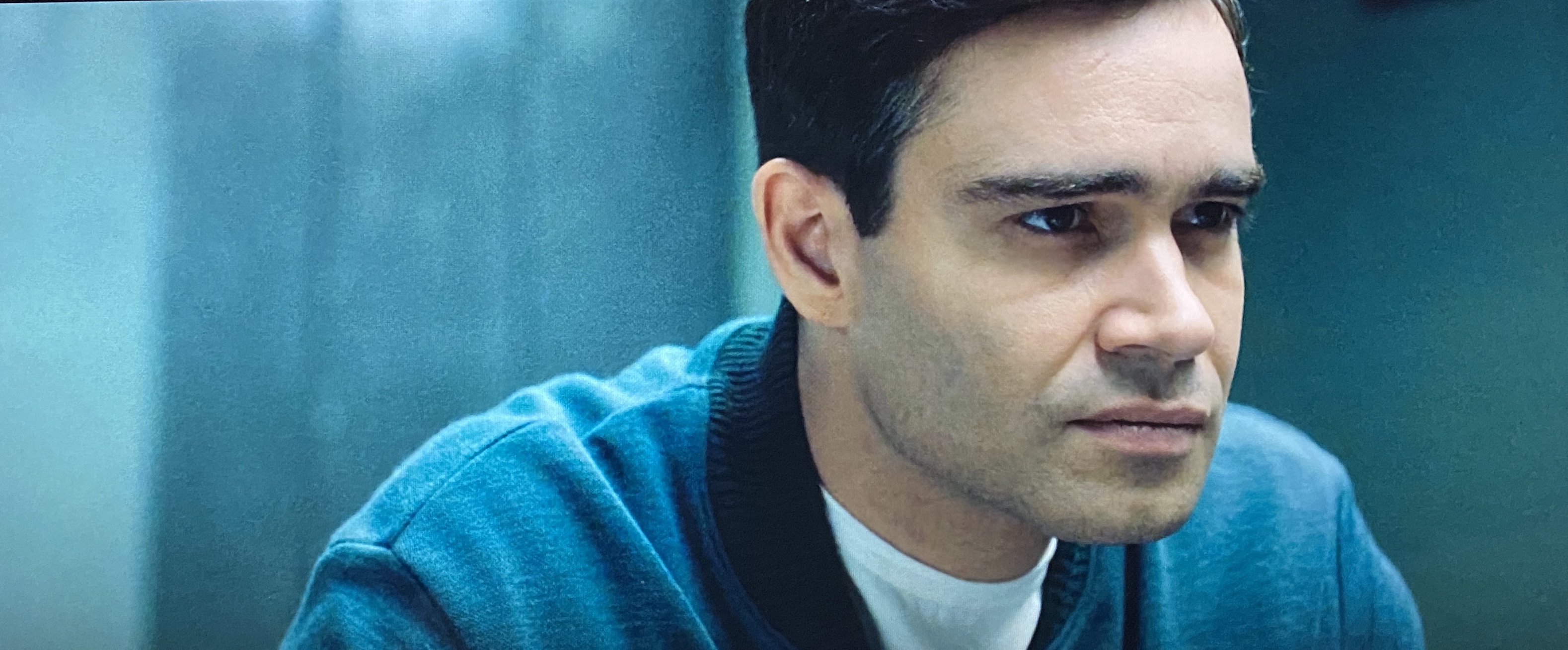
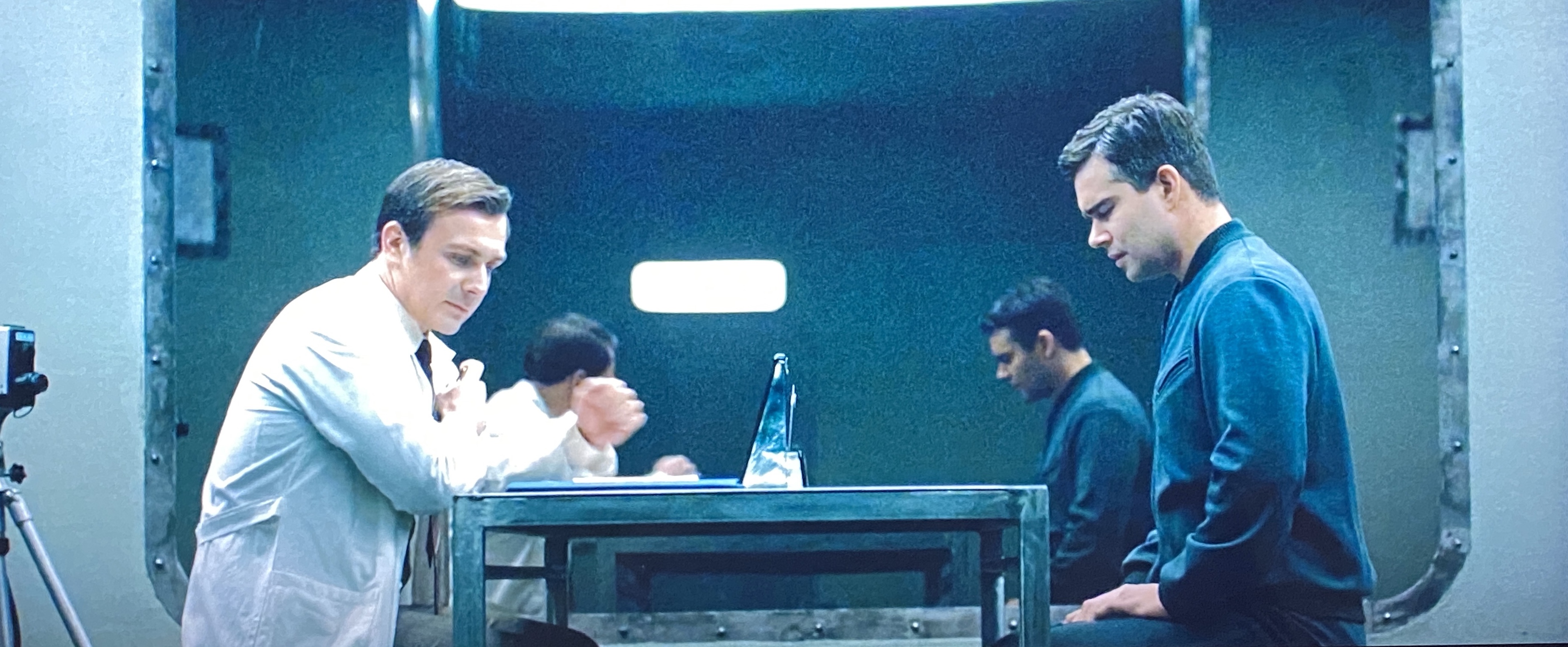
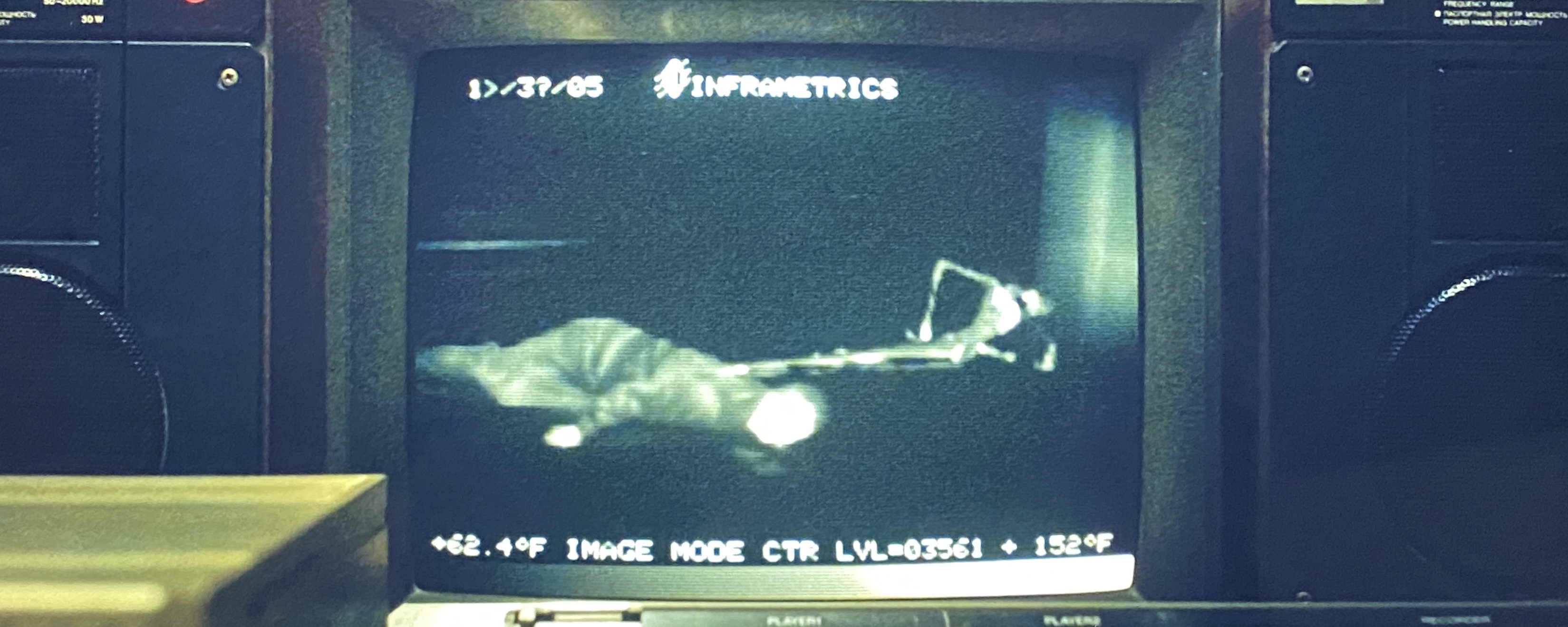
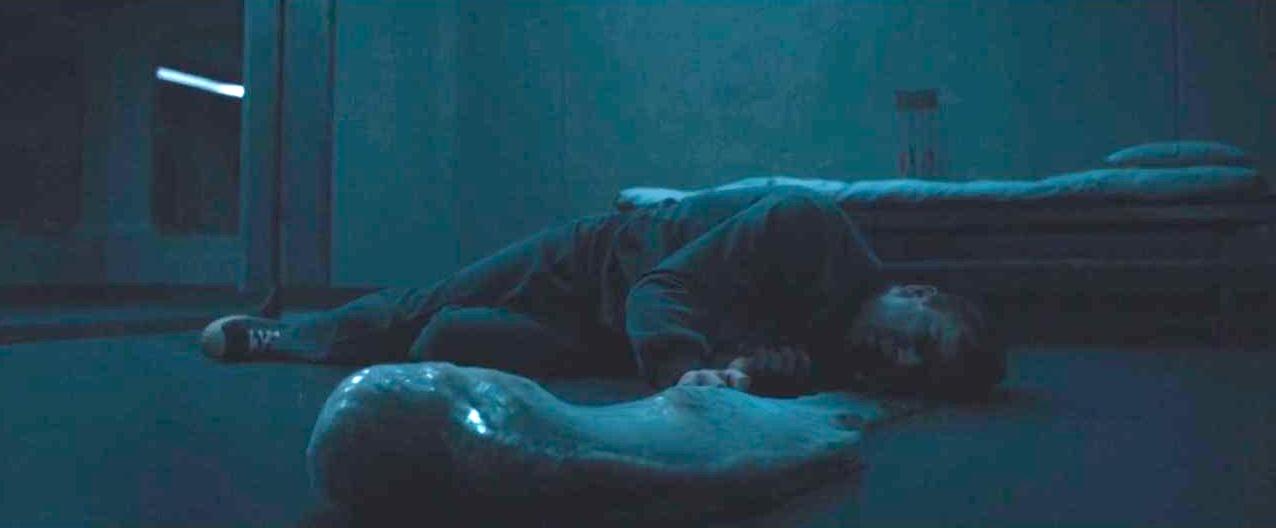
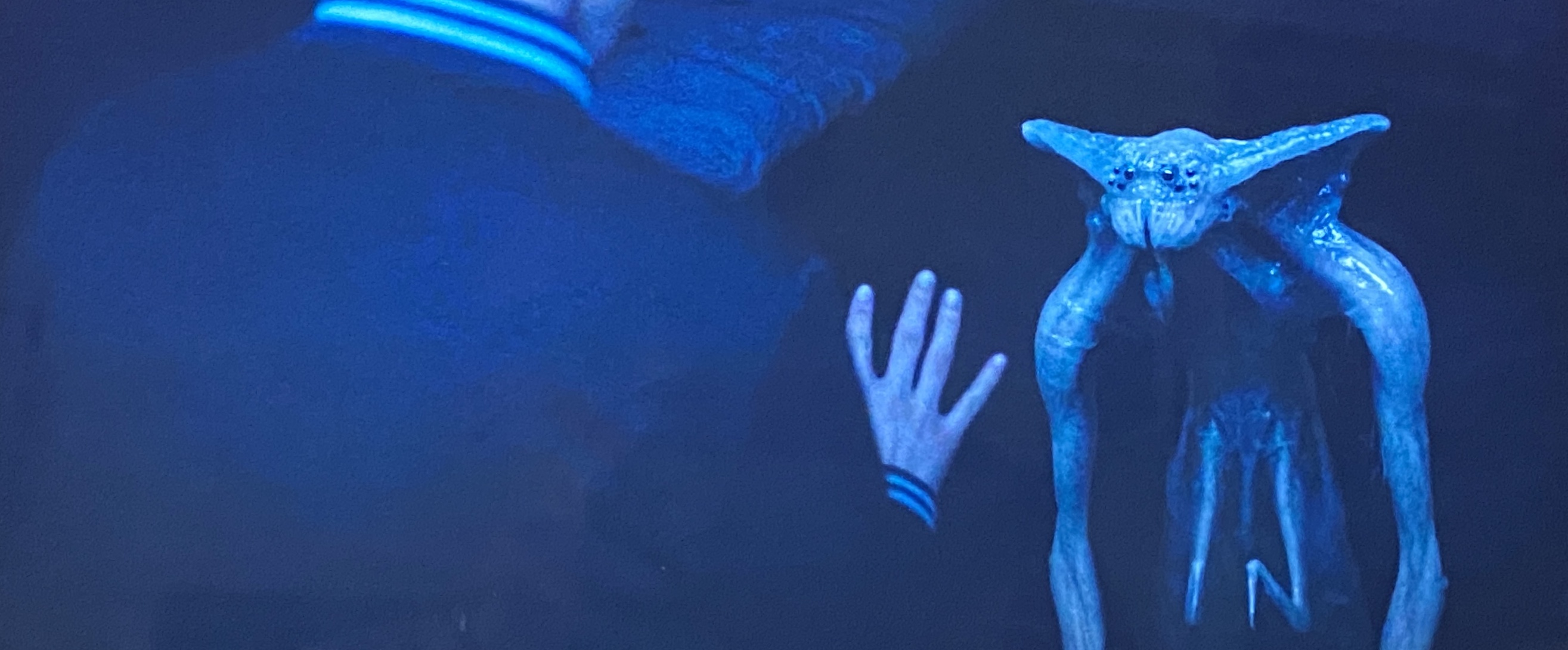
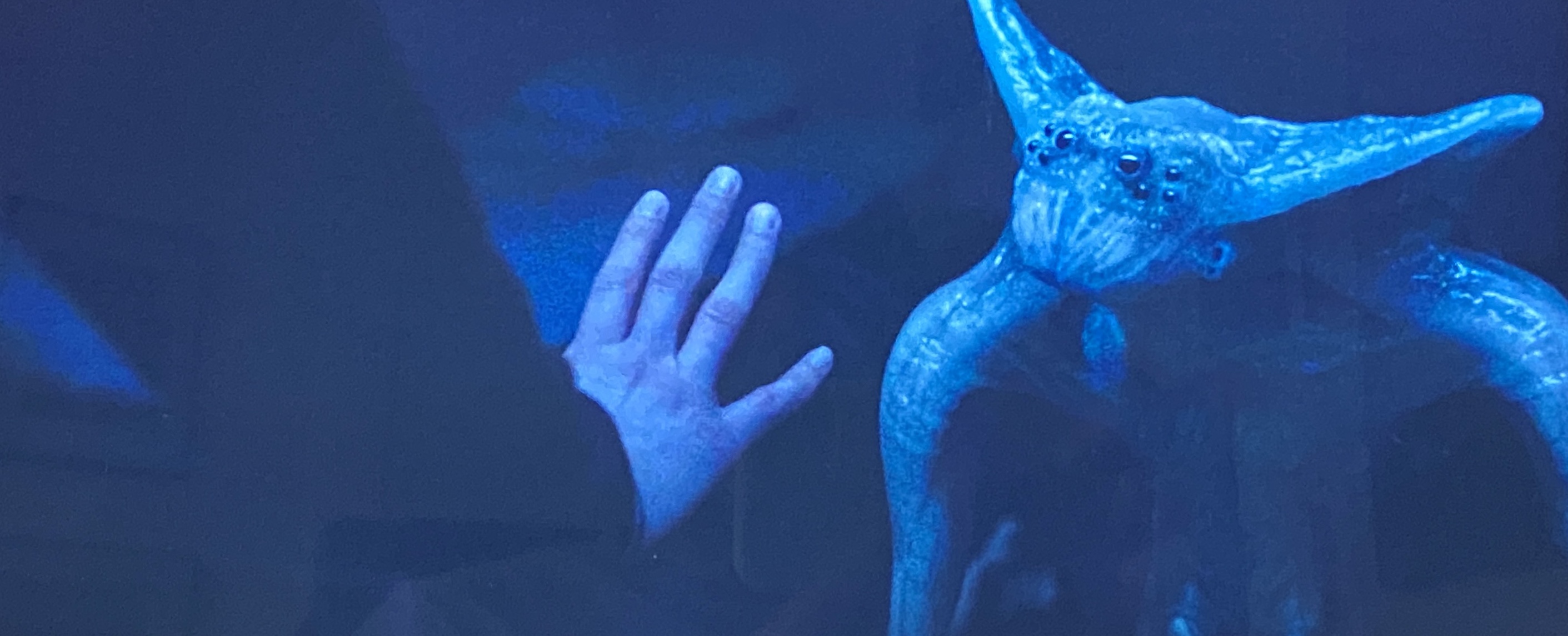
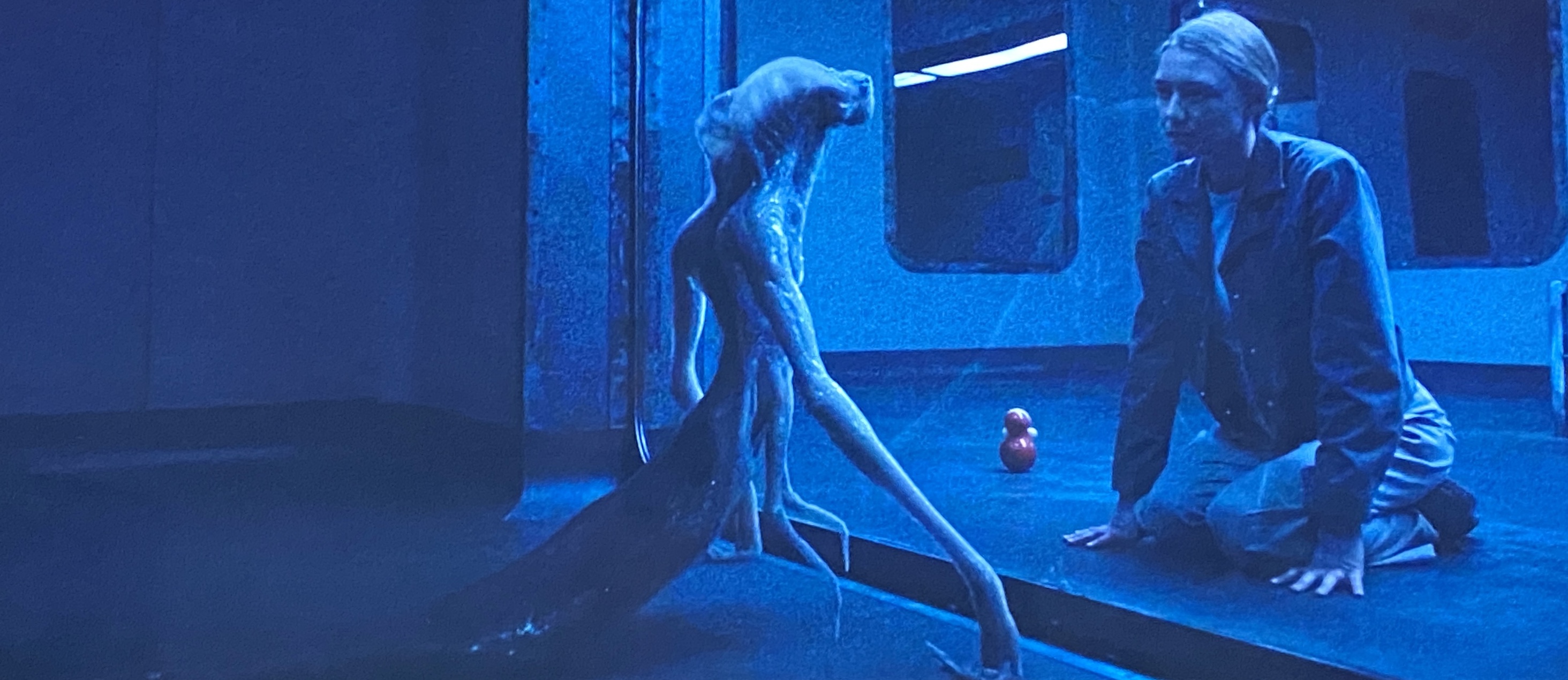
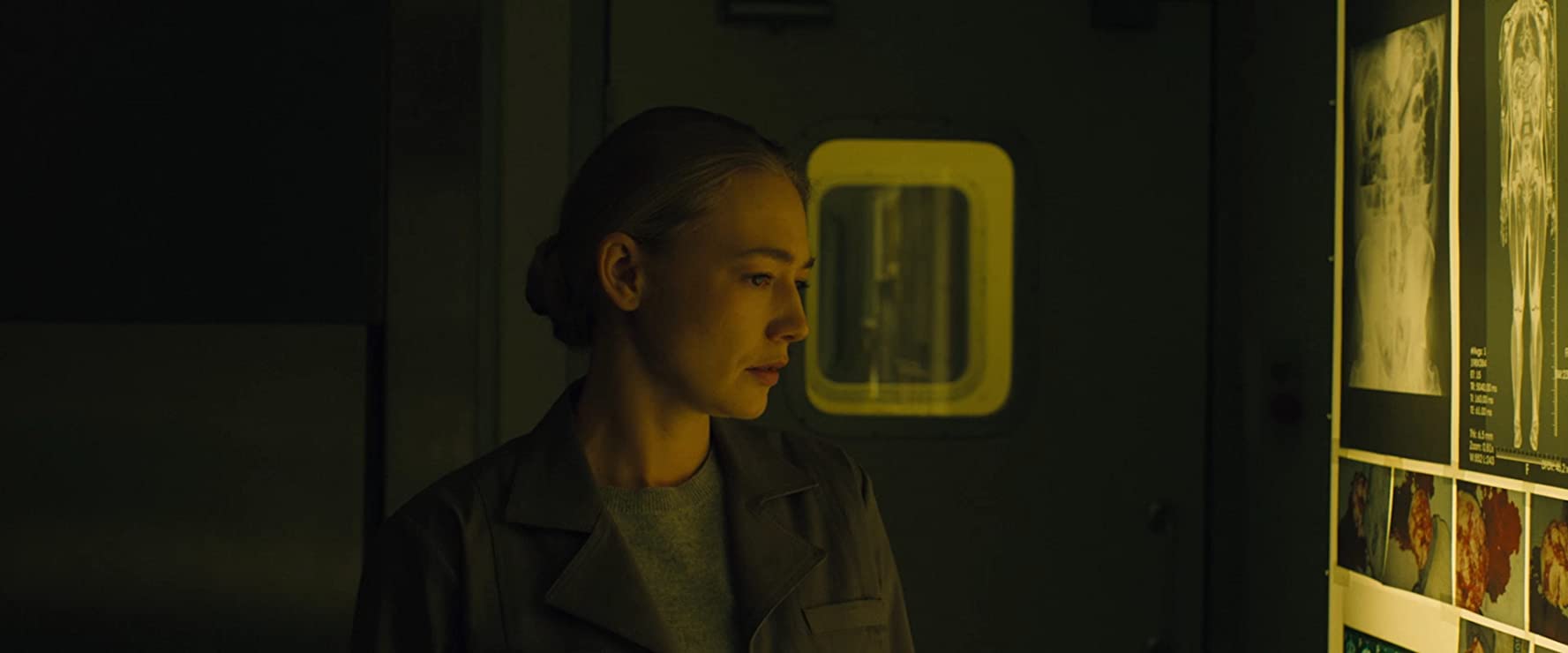
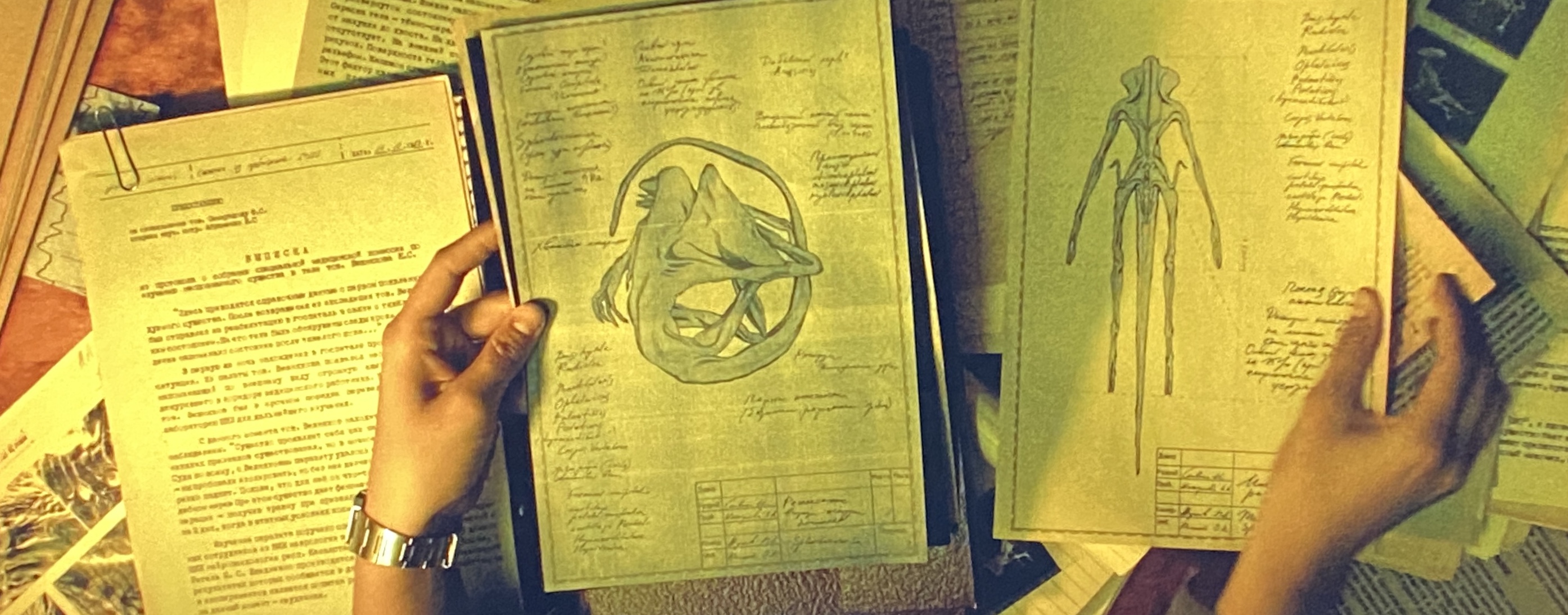
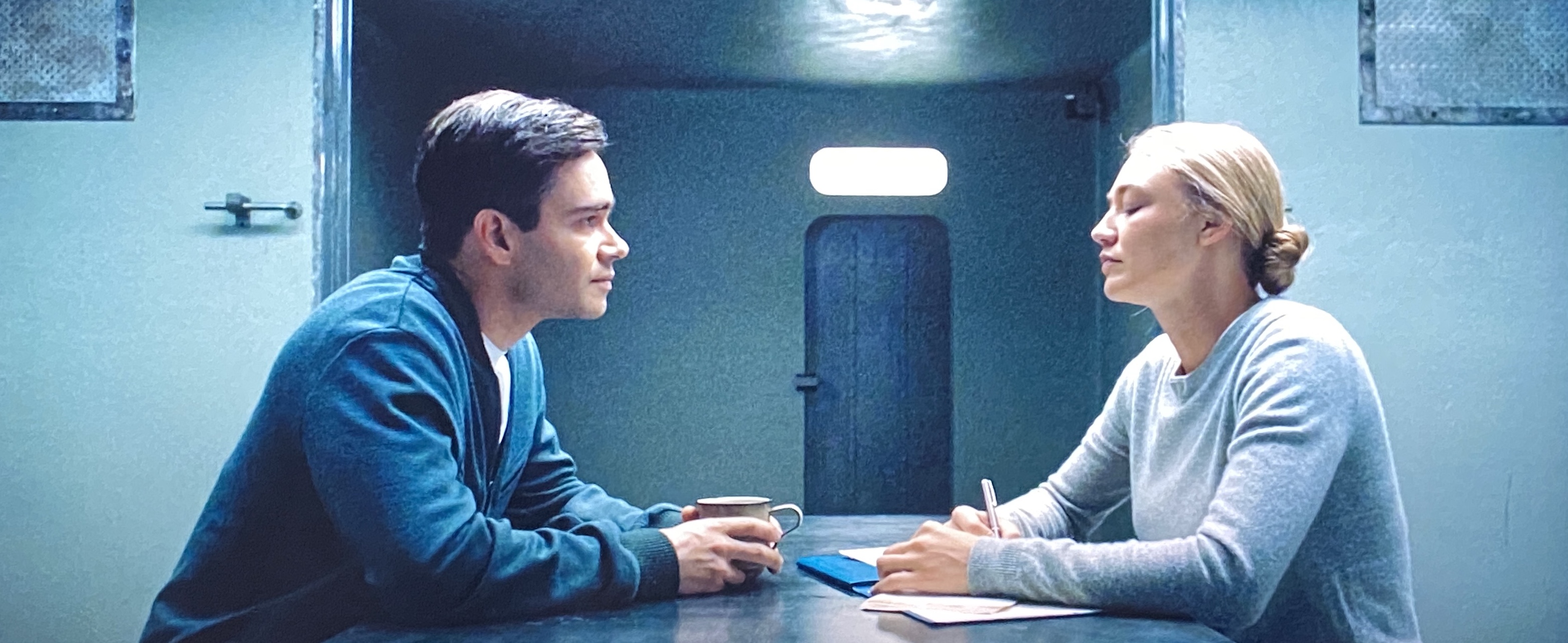
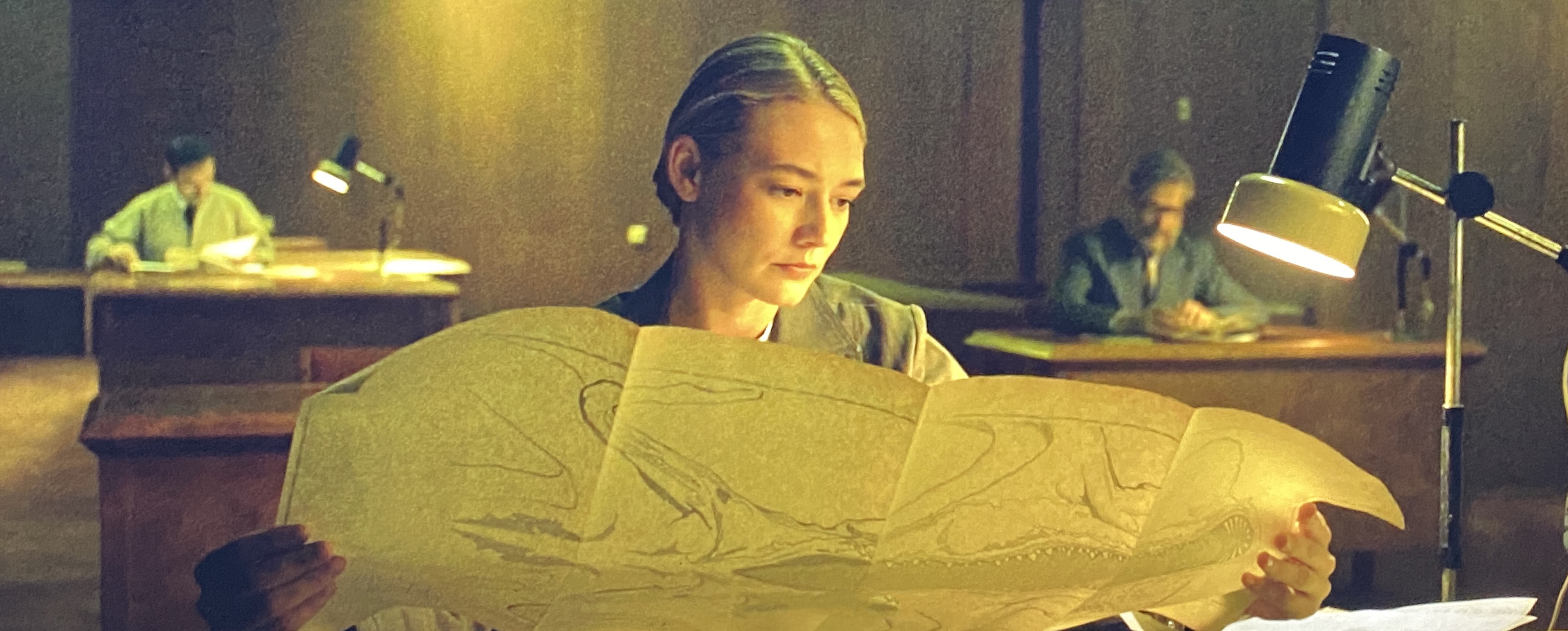
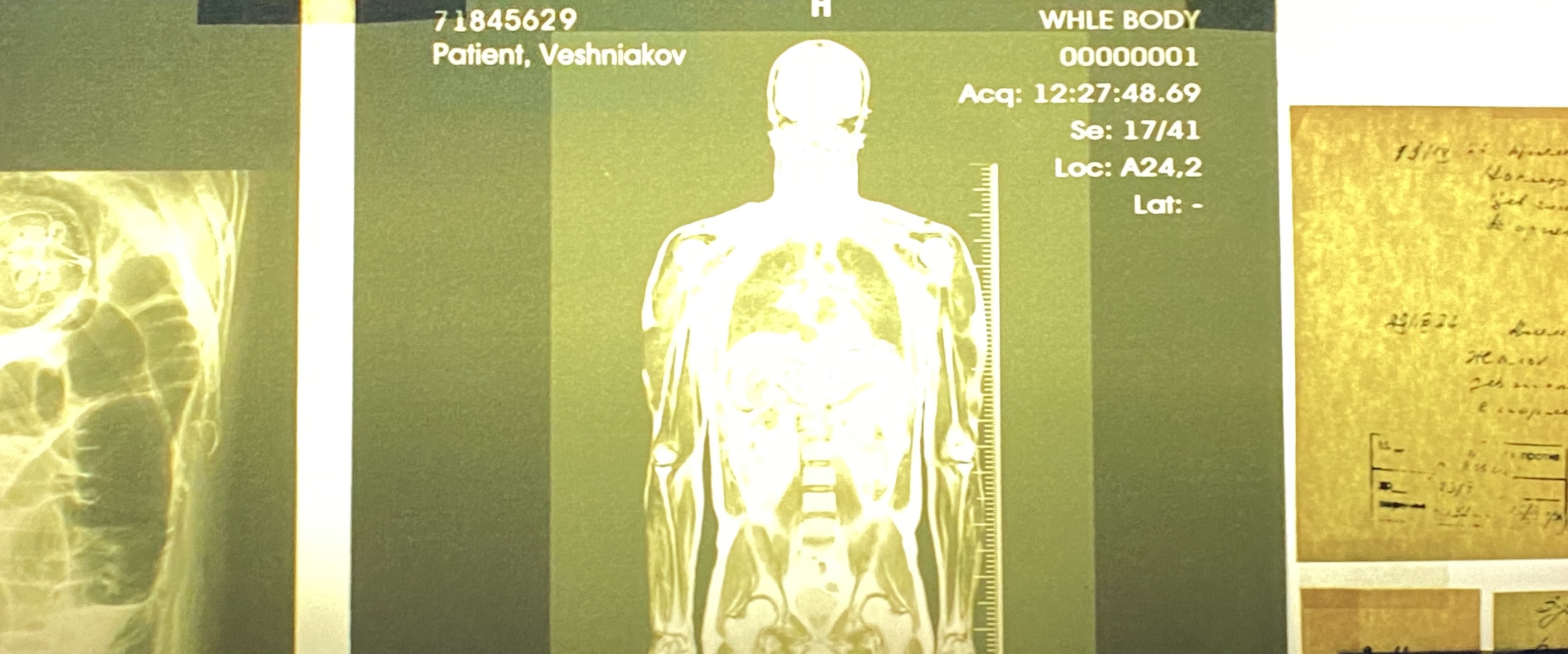
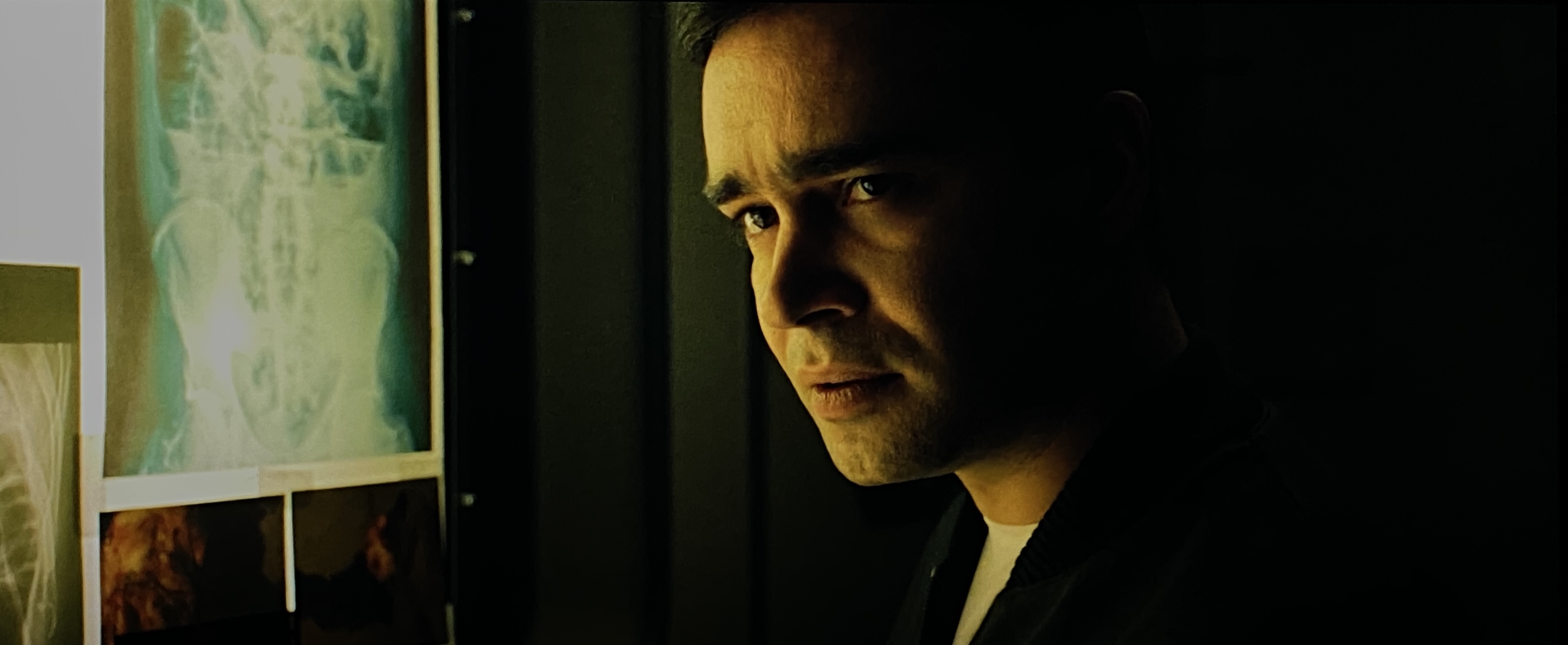
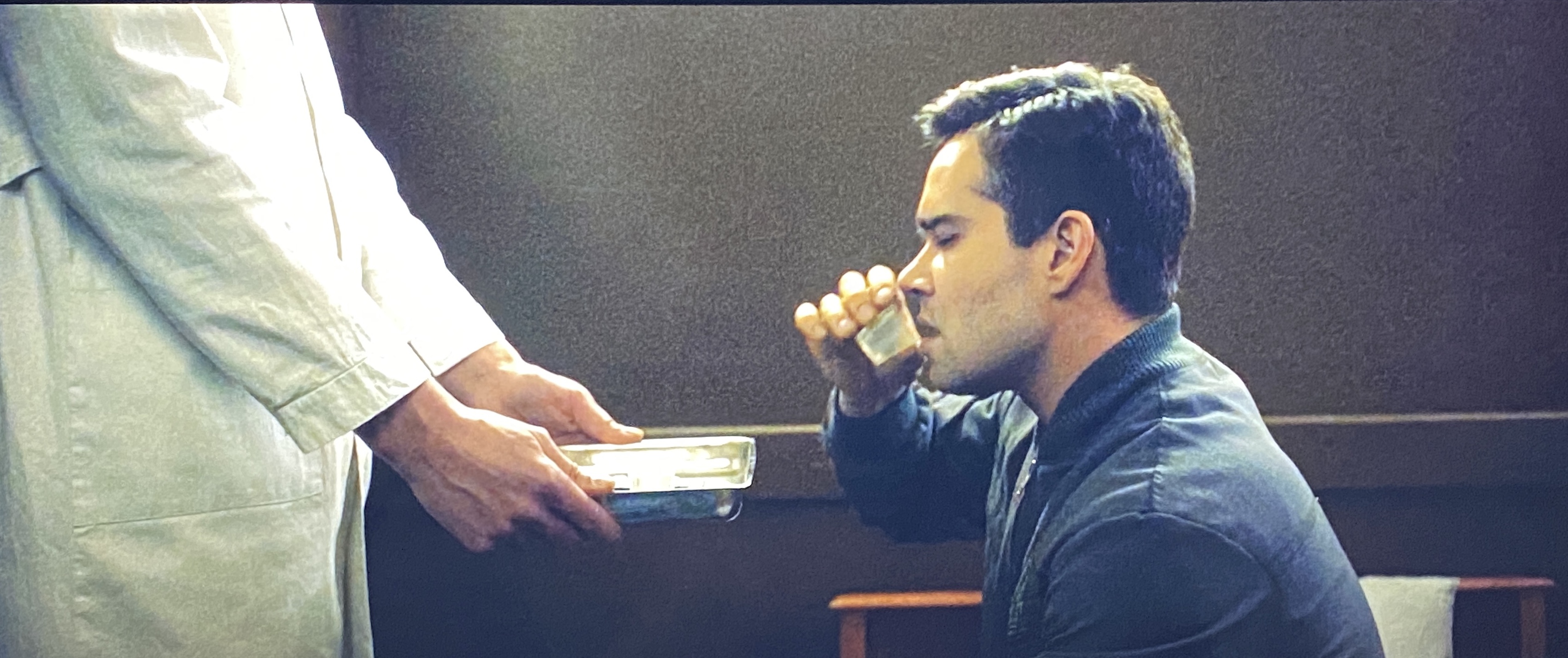
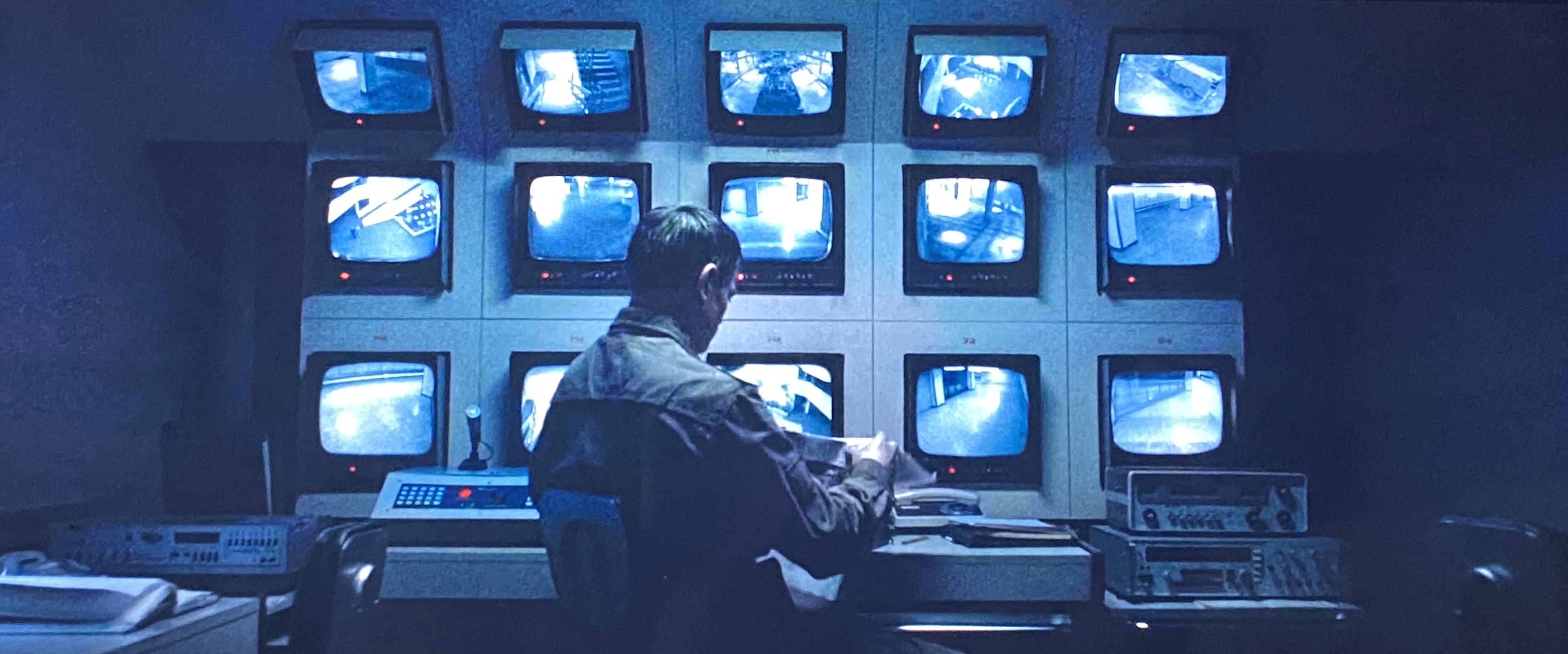
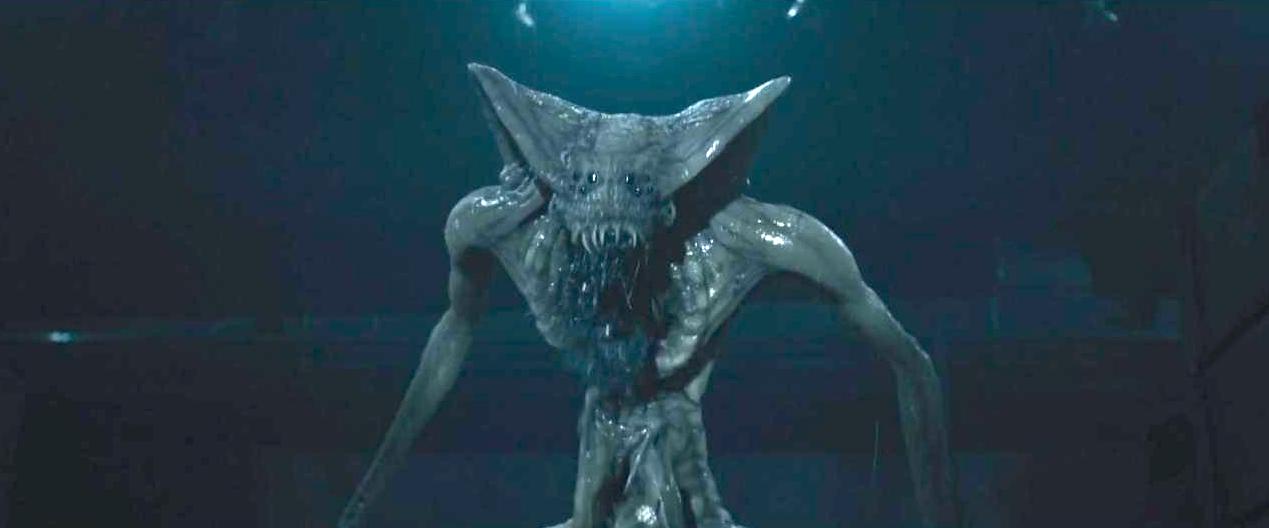
The effects and cinematography are surprisingly good. The lead actor (Pytor Fyodorov) is very easy on the eyes and reminds me tangentially of 60's heart throb Glenn Corbett. The film has the same austere, 80s-era Soviet Cold War Bureaucratic palette that was used so effectively in HBO's "Chernobyl."
The story moves quickly, and the film wastes very little time before revealing the parasite.
If you don't mind subtitles or are fluent in Russian, definitely worth your time. It's an interesting escape from the times we find ourselves in.
*I never could figure out where that third crew member was located, because in all the scenes shown on board the spacecraft before re-entry, you only see two cosmonauts.
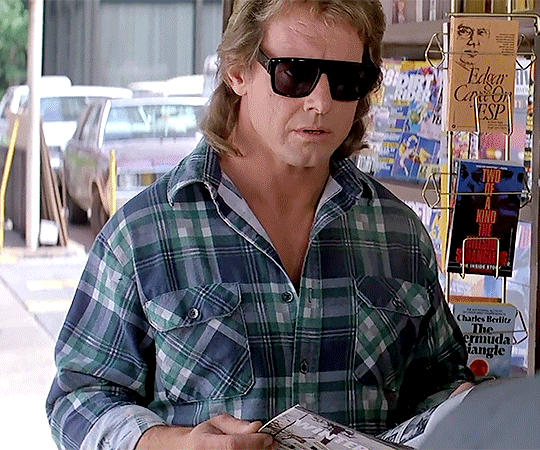
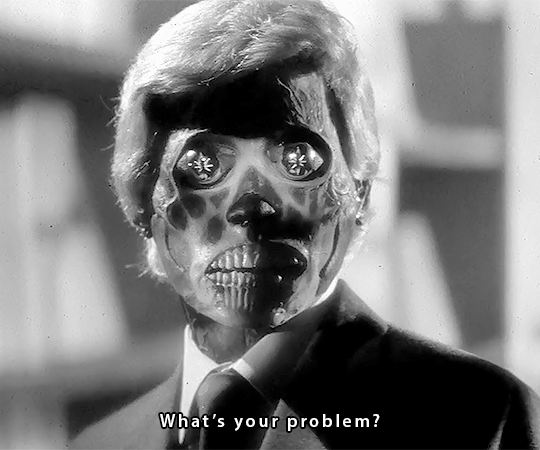
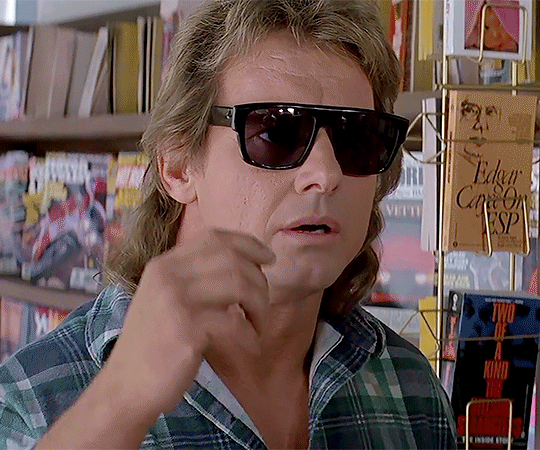
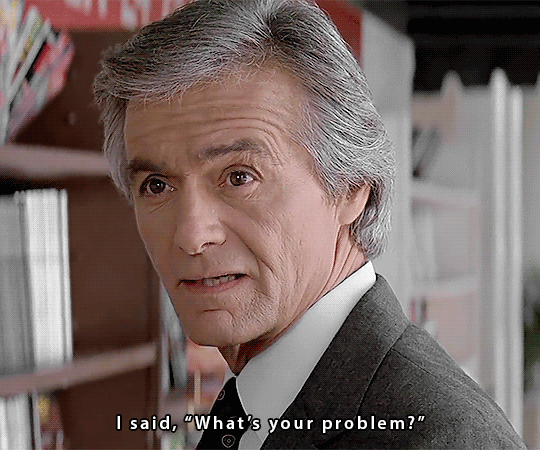
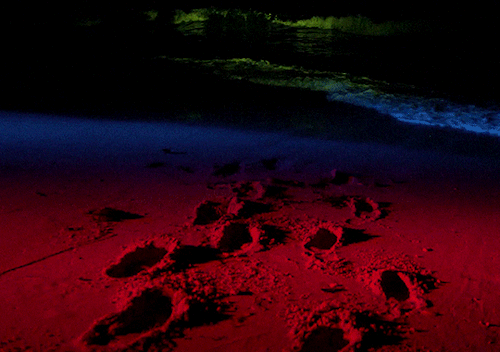
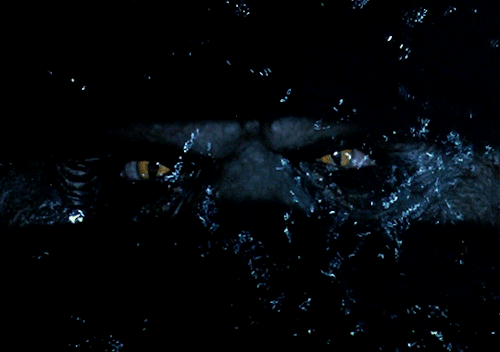
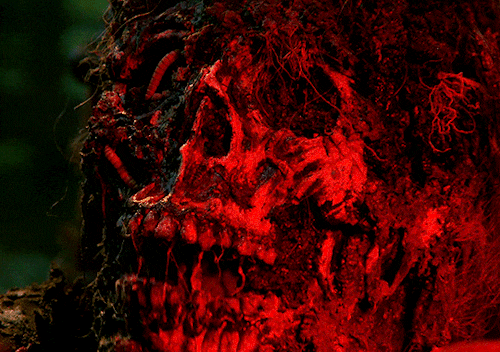
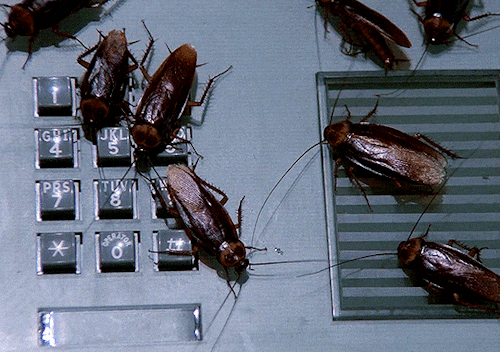
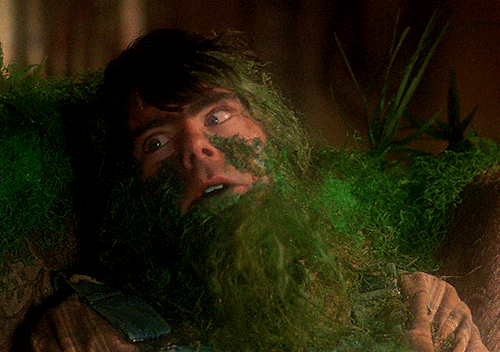
Creepshow (1982) was the first movie I bought after getting my own VCR. (Yes, it was a Betamax.) Interestingly, I never got it on DVD. In fact, I haven't even seen it in years.
On the recommendation of a friend, the other night Ben and I took a break from our usual evening diet of Supernatural and Criminal Minds and fired up the Amazon Prime machine to watch Vivarium. Naturally, while we were watching we went to IMDB and did some sleuthing. The reviews were evenly split between, "What the hell did I just watch?" and "Absolute Genius." It was one of those films with little middle ground where audience opinion was concerned. Admittedly, when all was said and done, I found myself in that middle ground. I was simultaneously fascinated and disturbed by the story told.
I found the following article about the film on Screen Rant, and I have to admit it tracks pretty closely with my interpretation of what we'd seen:
The story of suburban hell told in Vivarium takes on a far darker and bolder topic as its ending unfolds. Director Lorcan Finnegan's sci-fi thriller tells the story of a young couple stuck in a seemingly perfect suburban neighborhood that quickly reveals itself to be a nightmare of societal demands. Vivarium centers on gardener Tom (Jesse Eisenberg) and kindergarten teacher Gemma (Imogen Poots), a happy young unmarried couple who are seeking to make their first step onto the property ladder. This leads them to visit a deeply strange estate agent named Martin (Jonathan Aris), who makes lavish promises of the beauty and perfection of a newly built development named Yonder, and coaxes them into taking a tour of one of its properties.
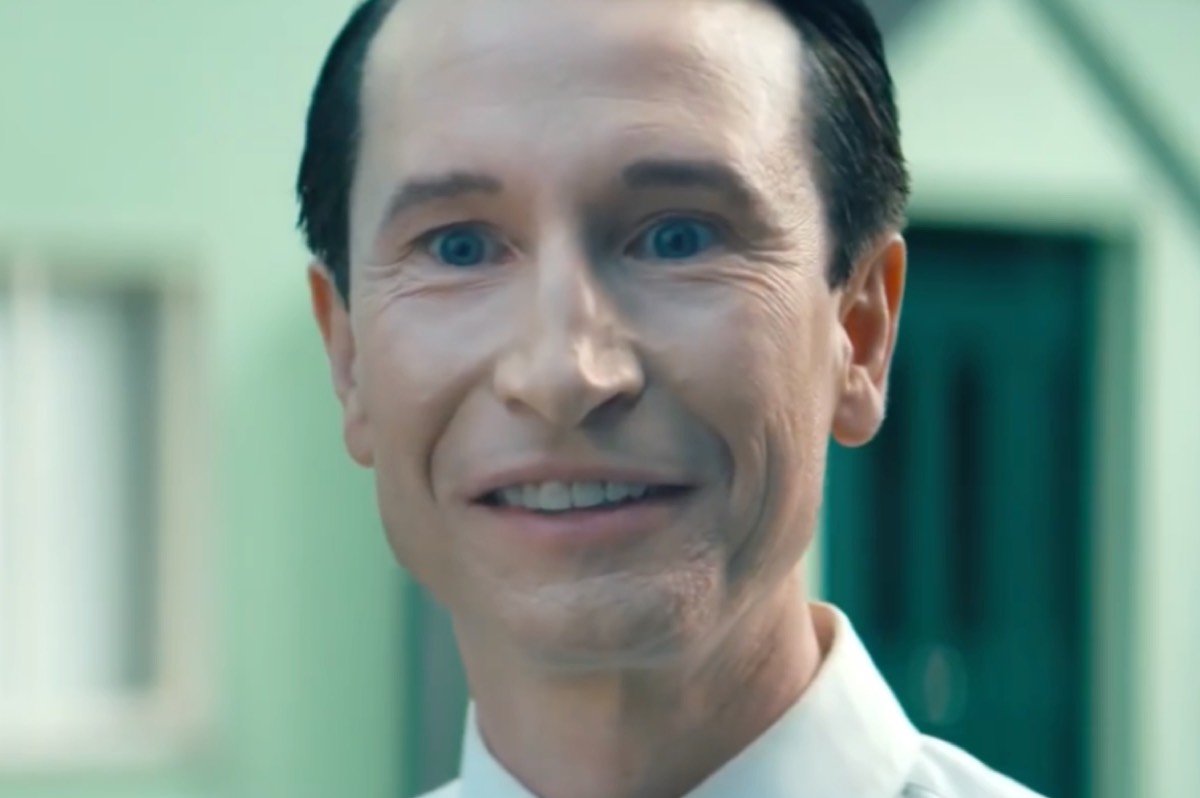
Yonder is comprised of seemingly endless rows of wholly identical homes and roads that always lead back to the same place. After Martin vanishes, Tom and Gemma try to leave by end up going round in circles, forcing them to stay in the Yonder property he showed to them.

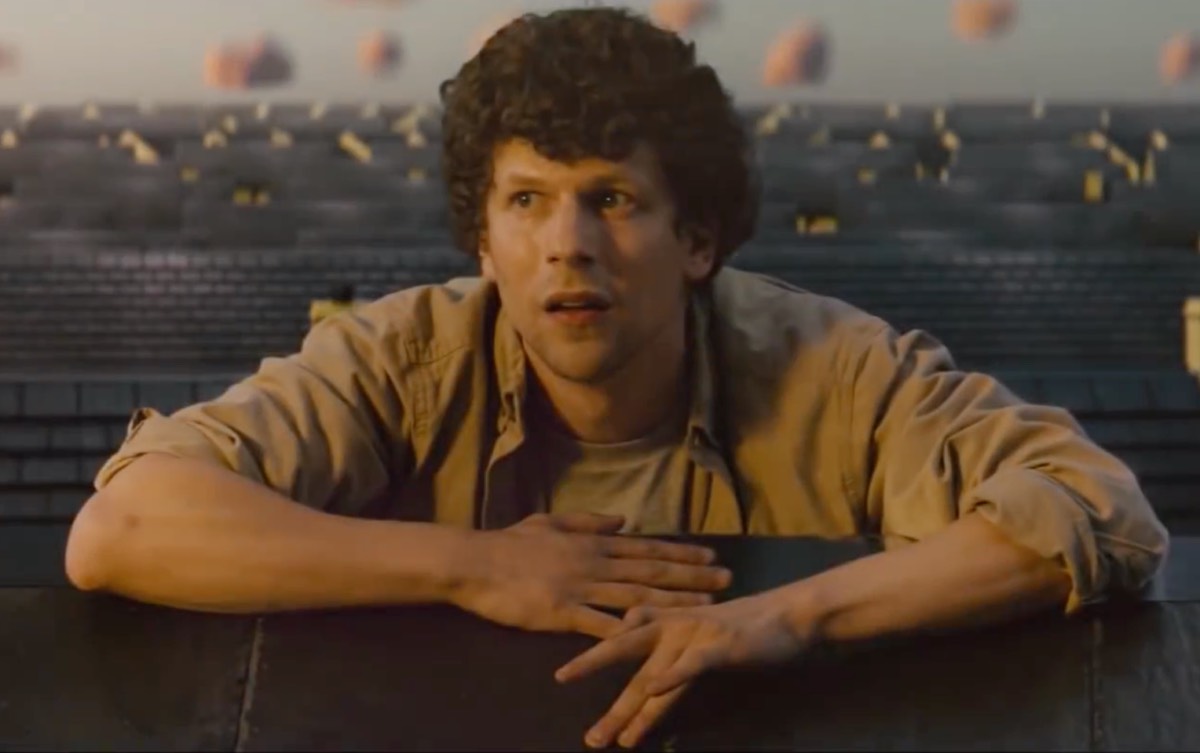
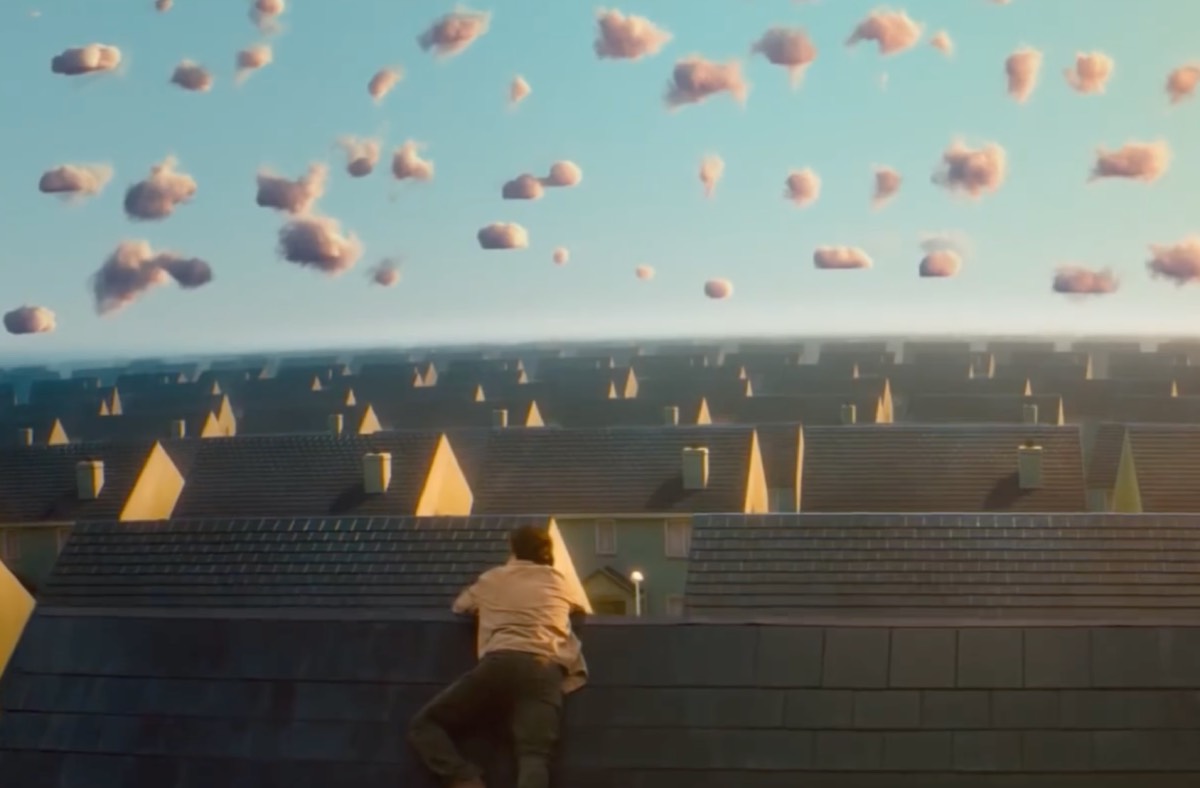
Their various attempts to leave end in failure, and in frustration, Tom decides to burn down the house. The next morning, it's still there, seemingly rebuilt overnight, and now there is a box with a baby waiting for them. Attached is a note: "Raise the child and be released."
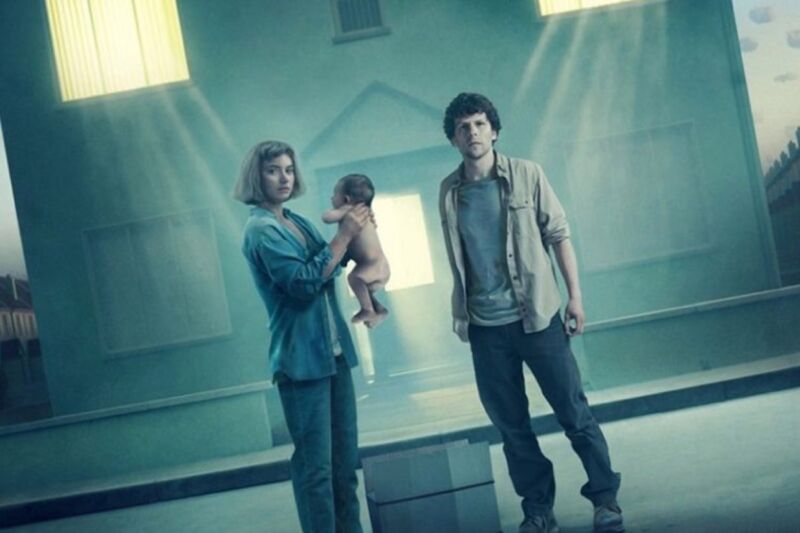
As the days pass, the nameless child (played by Senan Jennings) rapidly grows in size and has an eerie adult-like voice that perfectly mimics both Tom and Gemma. He screams like a banshee until he is fed. He refuses to leave Tom and Gemma alone for a second and he copies their every move, except for moments when he watches the TV, which only shows strange psychedelic patterns. As Tom and Gemma find themselves forced into the role of parents for this unsettling creature, their health begins to worsen and they find themselves trapped in a mundane yet hellish daily cycle of the same old routine – one they can seemingly never escape from.
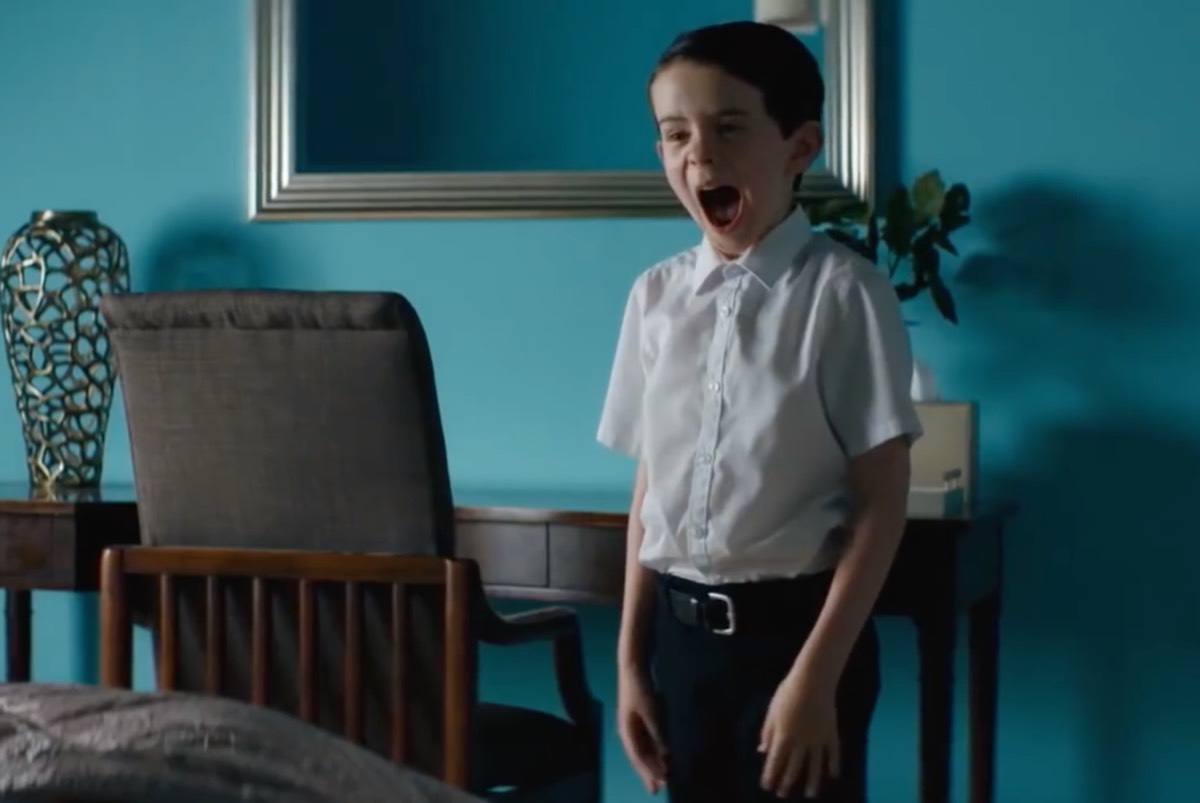
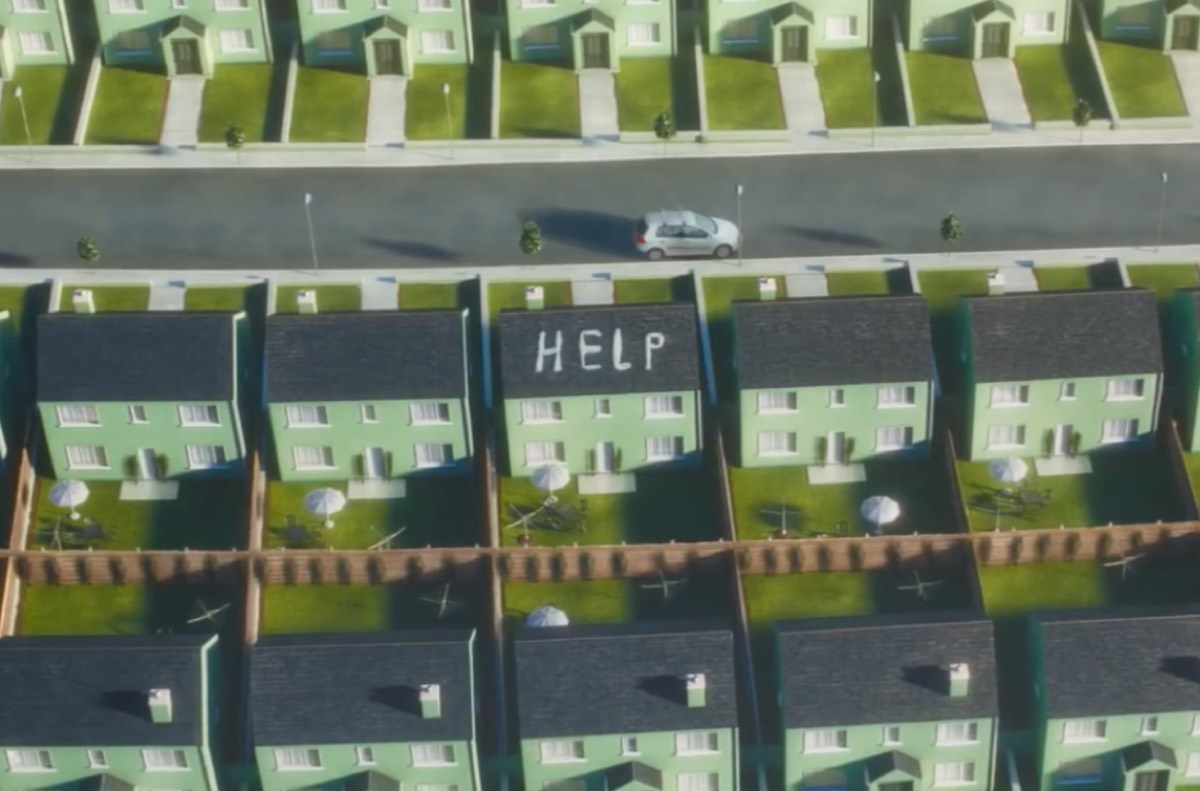
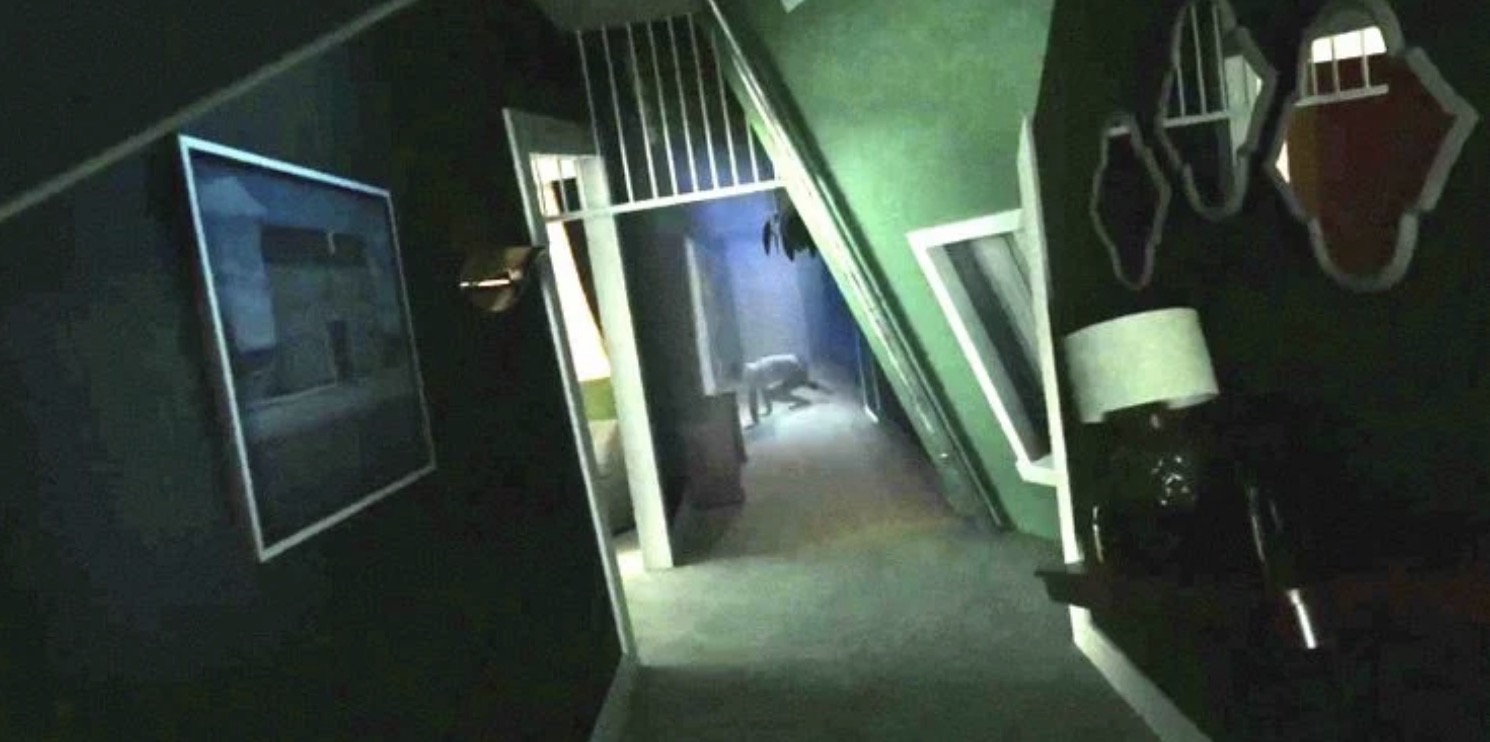
Tom and Gemma interact with the child in different ways. Tom instantly hates him and tries to harm him several times, but Gemma always intervenes. Occasionally, Gemma will try to talk to the boy and treat him in a kind manner, hoping that he can give them some answers about their situation—or, at the very least, become a normal kid. Tom eventually becomes obsessed with digging a hole in their garden, which further exacerbates the growing gap between him and Gemma and pushes her more towards the child. One day the boy vanishes, only to return with a strange book full of indecipherable symbols. Gemma plays a game to get him to reveal where he's been, only for him to begin mutating into some form of monster.
More time passes and suddenly the boy has grown into a full-blown adult. Both Gemma and Tom have grown weaker, although Tom still digs his hole from morning until night. The boy starts disappearing every day and Gemma's attempts to follow him prove fruitless. Eventually, Tom's hole yields a discovery of a corpse in a body bag. His own health rapidly worsens and he eventually dies in Gemma's arms. At that moment, having said that it's time for Tom to be "released," the boy returns to them with a body bag. Shocked and disgusted, Gemma finally becomes furious enough to attack the boy with a pickaxe, but he escapes by pulling up the pavement like a rug and escaping into an Escher-esque underground.
Gemma follows and discovers the seemingly endless parallel worlds where couples like her and Tom are stuck in near-identical situations, each raising an otherworldly child. Every single one of them is miserable. One man has even died by suicide in the bathtub. Spat back into her world, Gemma also dies, with the boy by her side. He dumps the bodies in the hole that Tom dug, fills it back in, and then leaves Yonder to return to the real estate office. There, Martin is old and on the verge of death (though only a year has passed). He passes on his name badge to the boy and then dies, leaving the new Martin to take his place. A new couple walks into his office, and the cycle begins anew.
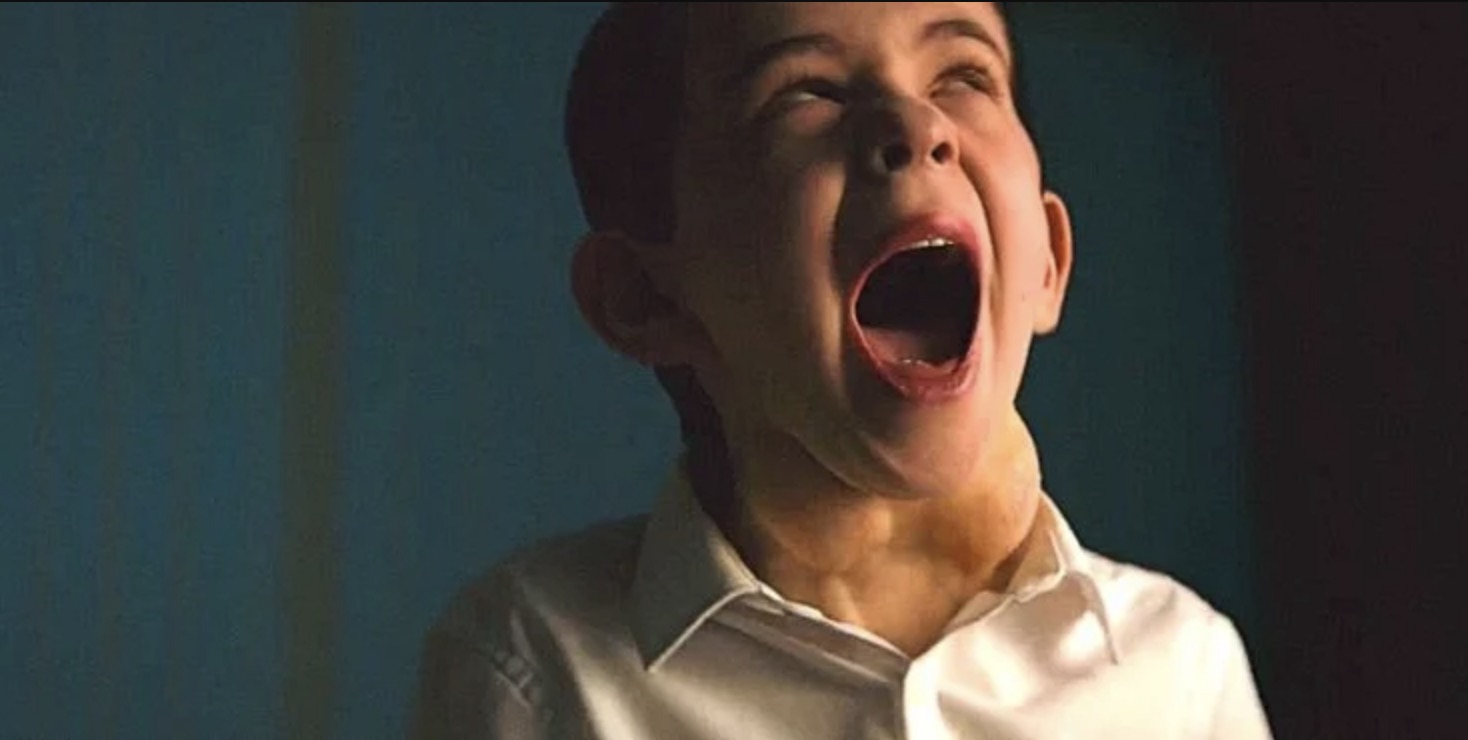
Though it's never made explicit in Vivarium's ending, the most obvious interpretation of Yonder and the strange boy that Tom and Gemma are forced to raise is an alien abduction story. The film opens with a shot of a newly hatched cuckoo pushing other baby birds out of the nest. This is a phenomenon in nature known as brood parasitism, in which some birds will lay their eggs in a stranger's nest in order to trick the other bird into raising their young. In Vivarium's opening, the cuckoo eventually becomes so large that when its unwitting adoptive parent returns to feed it, the cuckoo looks like it's about to consume the adult bird's head—foreshadowing the movie's ending.
Vivarium takes the behavior of the cuckoo and reimagines it as an alien or extradimensional species that has invaded Earth and forces humans to raise its offspring by trapping them together in a "nest" (in this case, the house at No. 9 in Yonder). Just as some female cuckoos are able to lay eggs that resemble the eggs of the bird species whose nest they are left in, the boy's species is able to imitate humans closely, but not perfectly. Tom and Gemma notice something is off about Martin as soon as they arrive in the real estate office and observe his strange behavior, and the boy's voice definitely doesn't sound like a normal human child.
Compounding the alien abduction theory is the strange alien language that appears in the boy's book and the patterns that appear on the TV, which are clearly communicating to him. At one point Gemma asks the boy to imitate the person who gave him the book and he starts to transform, with bulging growths on his neck. Later, after she attacks him with the pickaxe, he gets down on all fours and scuttles like an animal – all of which points to him being an alien species in disguise. The impossible space that Gemma stumbles into when she tries to chase the boy at the end of the movie definitely seems like an alien construct, as does the impossible space of Yonder itself.
Based on Vivarium's ending, it seems that these aliens age rapidly, growing to adulthood within a year (the boy looks about six years old after just three months) and declining from middle age to old age within the same space of time. They sustain themselves by trapping human couples in Yonder and forcing them to raise their weird children, and when a new "Martin" reaches adulthood, he replaces the old one. The aliens do not appear to form any kind of emotional attachments to their adoptive parents, and do not grieve for them when they die.
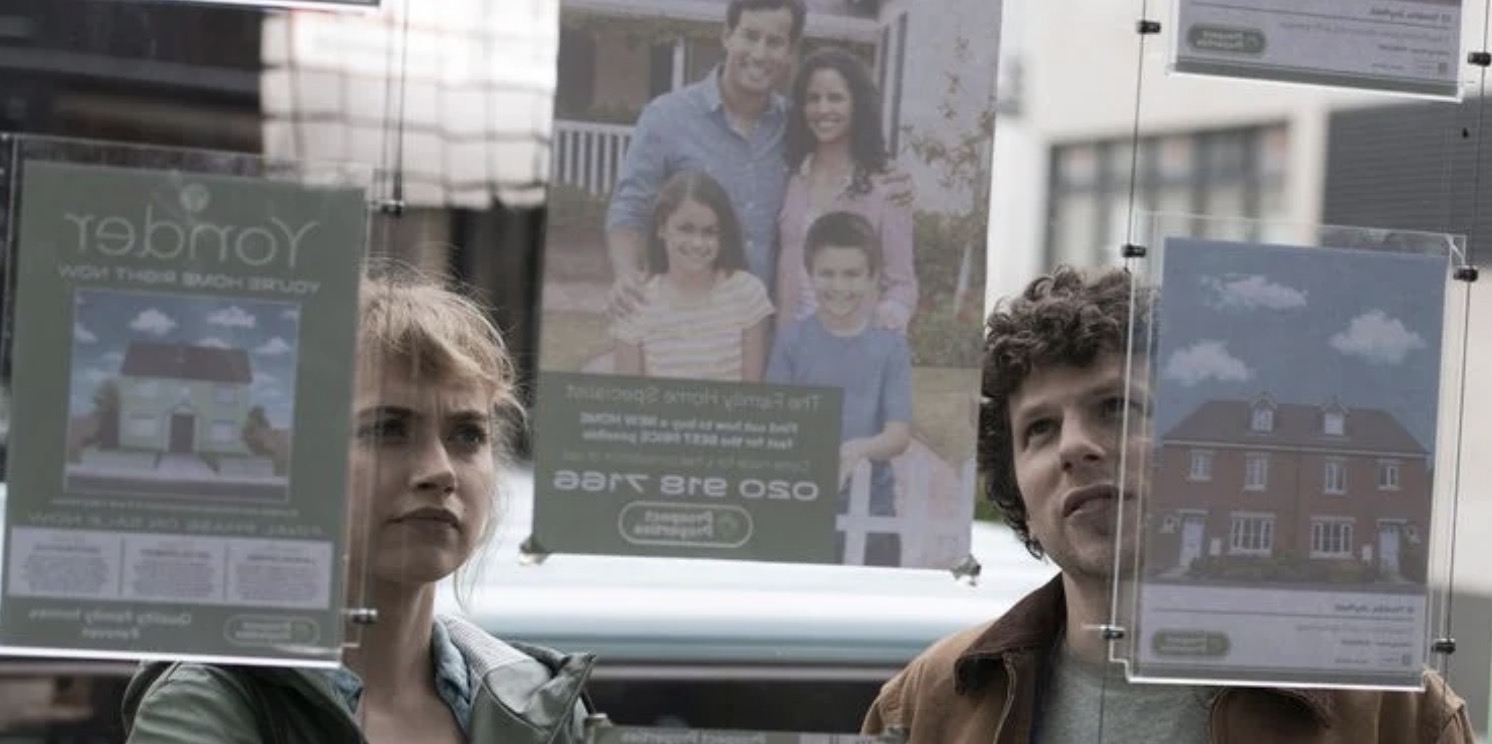
There have been plenty of stories in pop culture about the hell of suburbia, and Vivarium is not shy about wearing those influences on its sleeve. The Blue Velvet comparisons are easy to make and the film is also reminiscent of classic episodes of The Twilight Zone and the works of Yorgos Lanthimos, especially Dogtooth. At its heart, this is a familiar story about the smothering confines of the supposedly ideal life that has been commodified for the masses. The white picket fence dream remains a potent force in society, and it's one that's become ever more unattainable to the younger generations, making the forced fantasy all the crueler.
Tom and Gemma are literally stuck in this heteronormative structure of what a couple is "supposed to do" as they get older. Against their will, they have been forced into the suburban life, a home they despise, a routine they grow resentful of, and a child neither of them wanted. They are now stuck on a path for life that is both mundane and horrifying – one that ends in their deaths, with their bodies left to rot on the grounds of the house they hated. They aren't alone in this nightmare either, as the parallel worlds of Yonder reveal. This is the world that awaits us all, or at the very least, the white heterosexual middle-class couples to whom this fantasy is primarily sold to.
Interestingly, Tom and Gemma never ask out loud why they have been trapped in the world of Yonder and its restrictive rules. (Nor do they ever try to gain access to any of the other houses in Yonder.) They just get on with it because they have to. This is partly what makes Vivarium so fascinating: It is keenly aware of the smothering expectations placed upon people to adhere to societal norms, even as they become more unattainable and less desired by younger generations. Nowadays, we are less tied up by such conventions and it's far more normal for people, whatever gender they are, to remain unmarried, child-free, or off the property ladder, whether it be through choice or financial restrictions. Still, even today, it is that image of the happy suburban white couple with children and a mortgage that dominates the world and is deemed the default mode of life. Tom and Gemma were not picked to become a new part of Yonder for any other reason than because they were there, and that makes their fate all the more terrifying. It could happen to anyone.
The most interesting and arguably the boldest aspect of Vivarium is in how it takes on the concept of parenthood. Here, to be a parent is to be forced into a one-sided parasitic relationship that will sap you of your very life essence. It is to be miserable and unfulfilled, to commit to something that will never make you happy or yield vaguely satisfying results. Tom and Gemma did not want a child but the society of Yonder demanded it, and the boy who grows in years as the days pass is unnerving, lacks imagination, and is utterly helpless without them. It's a blunt metaphor for the realities of parenting, but most stories end such narratives in a happy way, revealing how it was all worth it in the end.
Vivarium doesn't do that. This is a film with the sheer guts to position the act of being parents as potentially the worst thing one could do with their lives, a mistake they will regret until they die. That remains one of society's last true taboos and Vivarium pulls no punches with it. Even when Gemma shares tender moments with the boy, she absolutely refuses to let him call her his mother. Her dying words to the now-grown boy are just that: "I am not your f***ing mother." It's a final act of defiance in the face of a world that took everything from her, and one that verbalizes countless people's lives, both within Yonder and in the real world.
It's clear that Finnegan's latest feature found bits of inspiration from many projects in the realm of sci-fi and suspense, especially Black Mirror and The Twilight Zone, but ultimately, Vivarium is a wholly original production that offers plenty for viewers to take away. It relishes in its beautifully bizarre fever dream of a story and is all the more successful because of it. Not only that, it provides a relevant social commentary that sticks the landing in the end. Although its eerie originality may not be for everyone, Vivarium will certainly be quick to find a strong, loyal audience.
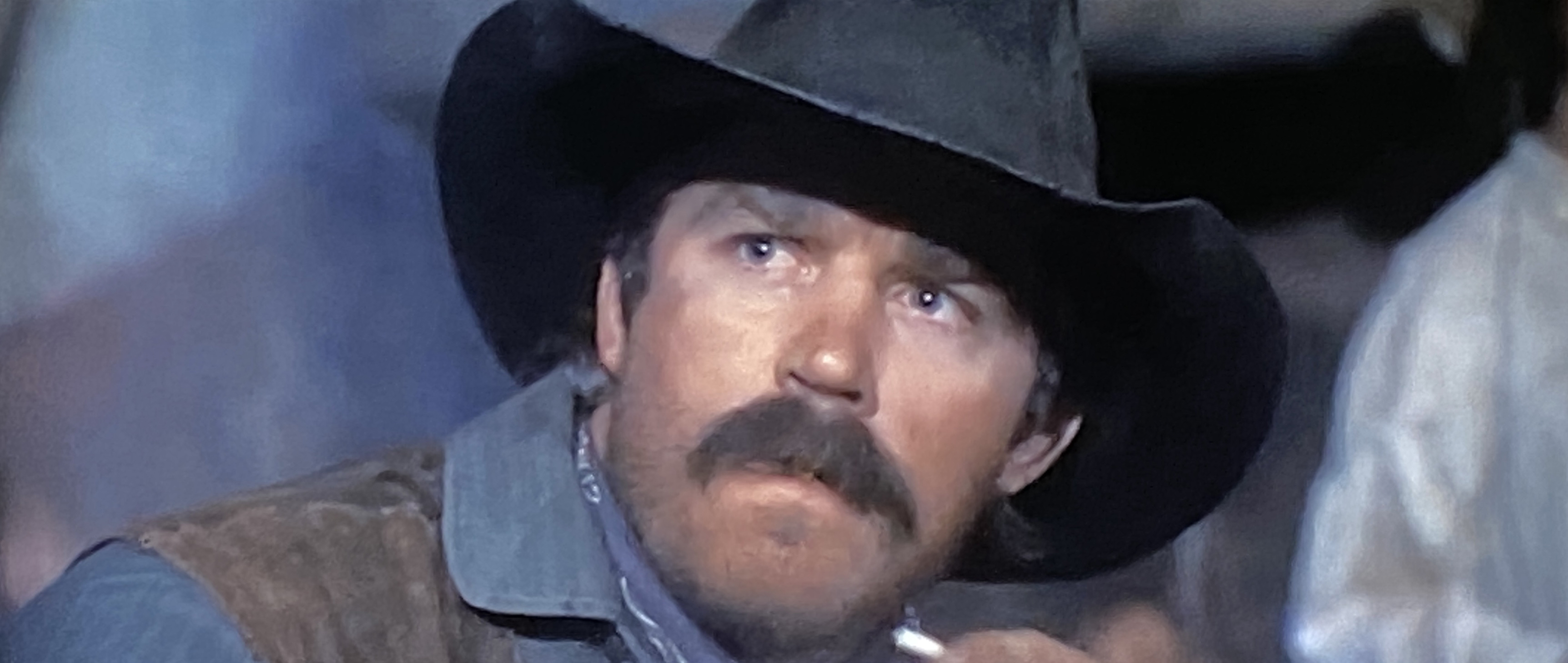
The other day I realized I hadn't seen Divine's Lust in the Dust in probably a decade or more, so I tracked it down on iTunes and bought it for a ridiculously low price. It remains my favorite Divine vehicle, although I'm sure that's going to raise a spirited discussion among my readers.
Anyhow, about a third of the way into the flick this handsome stud flashed ever-so-briefly up on the screen and I thought, I'd forgotten all about that one. Not surprising since this image was basically his whole appearance in the film, but then—and now—it was enough to give me pause (and hit pause!).
No idea who he is, as IMDB has been of no help whatsoever…
Okay, the main character is cute in a cute bearded nerd sort of way, but the storyline is bizarre…and I couldn't tear myself away from it.
A reviewer wrote, "So often movies nowadays follow a formula, and you feel like you've already seen it even if the details are a bit different. Not so with Nothing Really Happens. This is a really creative film that defies standard genre definitions and blends them together really well. It's part sci-fi, part comedy, some horror, but really it's about surrealism and the absurdity of life.I really appreciate when a filmmaker shows us something we haven't seen before. If you're looking for something original an out of the ordinary that will show you something new, Nothing Really Happens is for you."
More succinctly, as another reviewer wrote, "It's strange. Very, very strange."
And yet, I must recommend it, if only as a 90 minute escape from the awful in our current reality. Available from Amazon Prime Video, Apple TV/iTunes, and YouTube.
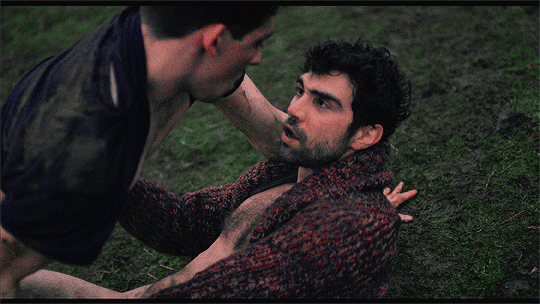
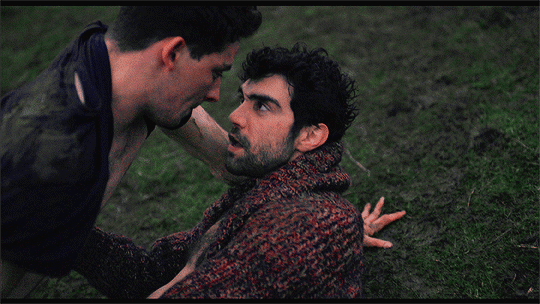
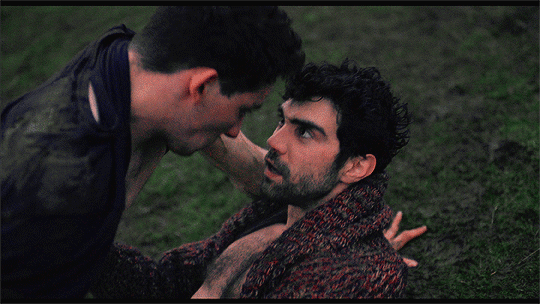
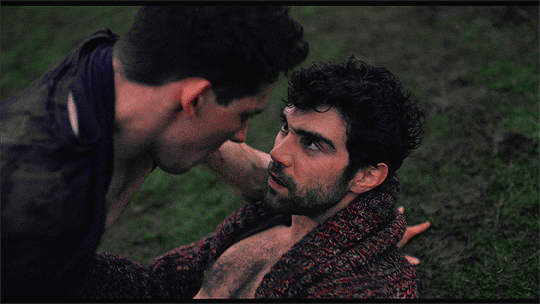
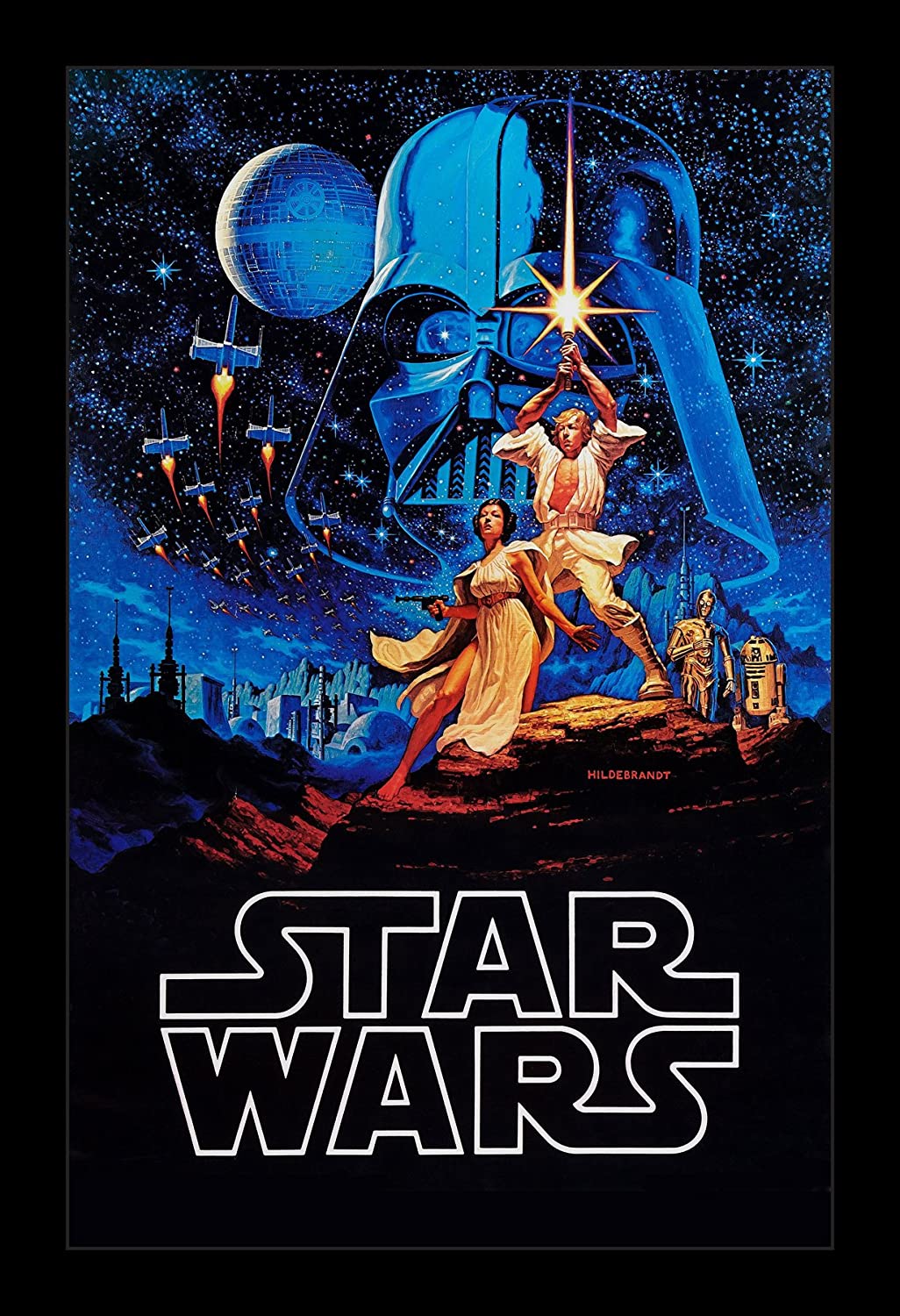
And my life was forever changed.
This movie scared the crap out of me when I first saw it opening night. The Cine Capri in Phoenix finally stopped showing Star Wars and this was something new, and definitely different from Luke Skywalker & Co.
Driving home, I kept looking in my rear view mirror because I expected it to pop up in the bed of my truck at any time.
The only other films to affect me this way were Poltergeist (I slept with the closet light on with door open for a week afterward) and Aliens (I came home, opened every door, and turned on every light in the damn apartment.)
As odd as it may seem, I've never seen The Shining in a theater. In fact, I don't even remember hearing about it until I happened to stumble upon it while—unable to sleep for some reason—cable surfing at 2 am back in '81 (or maybe '82).
It scared the fuck out of me.
And while I know it's not faithful to King's source material, I still prefer it over all subsequent attempts to bring The Shining to the big screen.
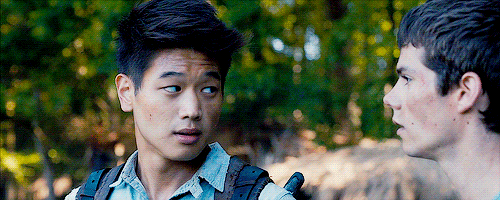


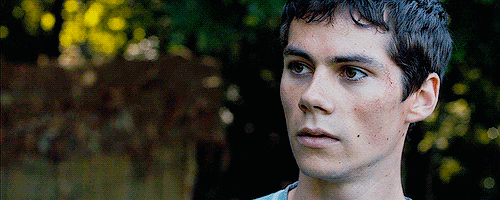
The Empire Strikes Back, 1980
Probably the most anticipated film of my young adult life. Like Star Wars before it, in Phoenix, Empire was showing exclusively at the Cine Capri. I remember rushing down right after work to get in the line that had already stretched around the building and well into the parking lot. I bonded with fellow movie-goers, and I remember some of us walked the mile or so to McDonalds at 16th & Camelback (when it was on the northeast corner of the intersection, not on the south side of Camelback where it is now) to bring back food while the rest of the group remained in line. This was of course long before you could order movie tickets ahead of time, so you had to physically wait in line and plunk down your $3.50 (yes, THREE DOLLARS AND FIFTY CENTS) at the window to get a ticket.
As I recall, we got in for the 7:30 or 8 pm show, so we hadn't waited nearly as long as had been the custom for STAR WARS. When the lights finally dimmed and those famous words flashed on the screen "A long time ago, in a galaxy far, far away…" the theater erupted in screams of joy.
I didn't see Empire nearly as meany times as I'd seen STAR WARS, yet it remains probably my favorite of the original first trilogy.
What are your memories of Empire? I know my readers tend to skew "older," so how many of you actually saw it in a theater when it came out?
"Dolly…Dolly…you've got a willie!"
My favorite film of all time, Personal Services (1987)
Trailer 1:
Trailer 2:
The Germans were obviously more liberal in what they showed in their trailers:
Some clips:
An interview with the filmmakers:
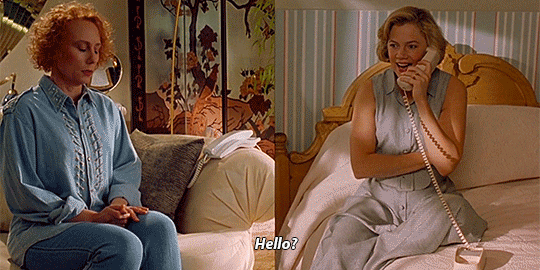
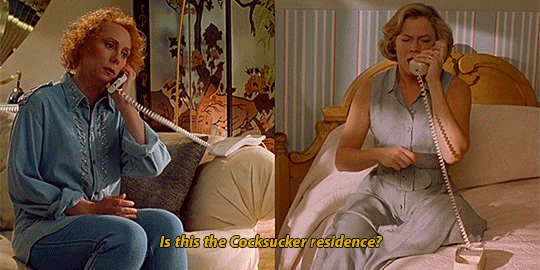
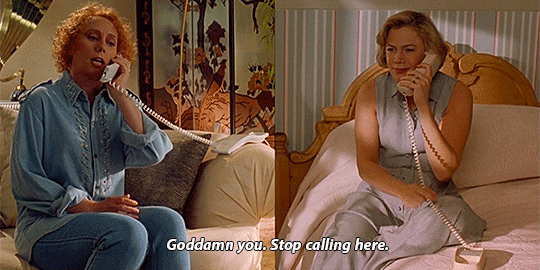
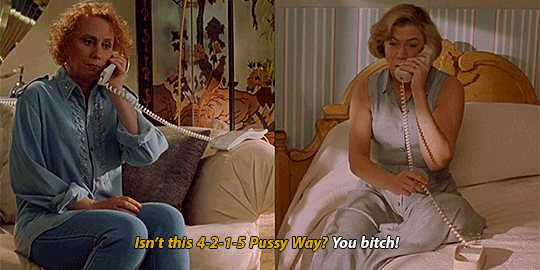
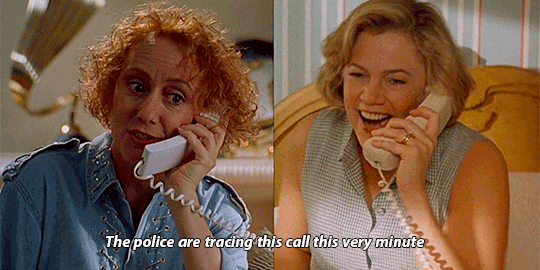
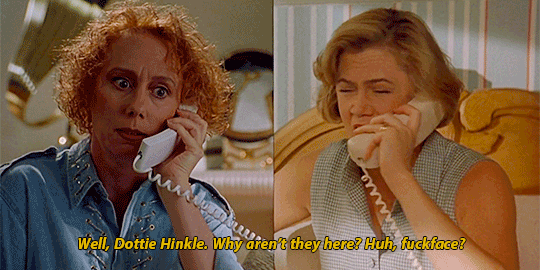
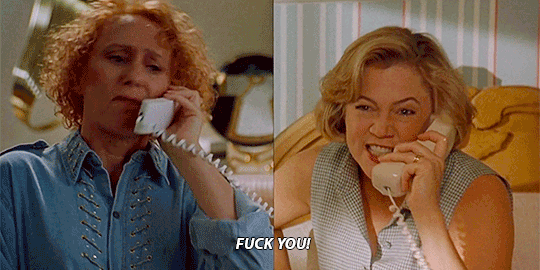
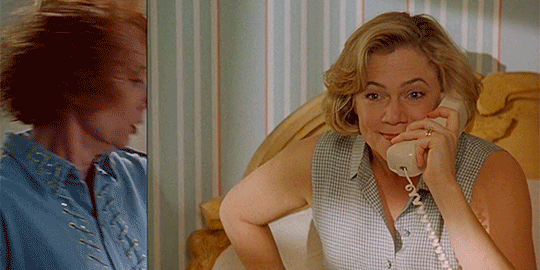
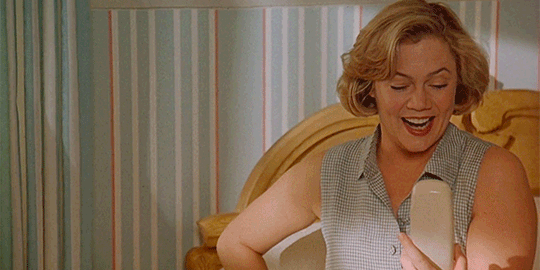
It's been years.
7 Things You Didn't Know About Office Space
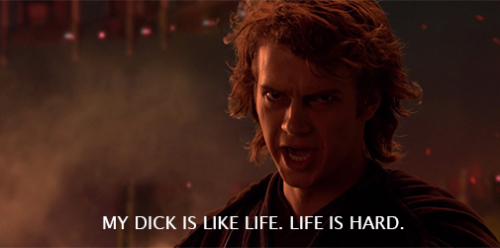
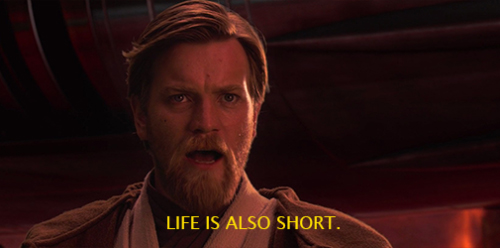
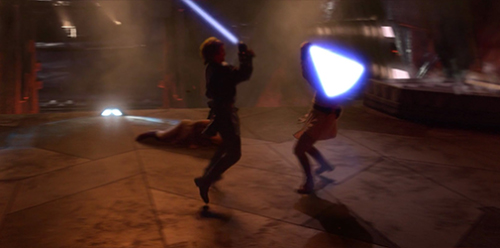
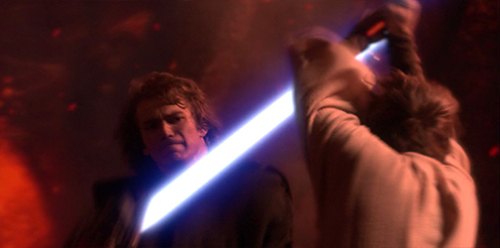
Director: Tim Burton
Date: March 30, 1988
More: When filming this scene, the attacking shrimp proved quite difficult to shoot. The prop handlers beneath the table couldn't see the actors' faces and kept poking their eyes, ruining take after take.
Today? The shrimp hands would probably be CG'd, but back then practical solutions were needed… Which is when Dick Cavett, the actor who played Bernard (Delia's art agent), suggested that Tim shoot the sequence in reverse.
And voilà.
 There are many parts of my youth that I'm not proud of… there were loose threads… untidy parts of me that I would like to remove. But when I pulled on one of those threads… it unraveled the tapestry of my life." ~ Jean-Luc Picard in STTNG: Tapestry
There are many parts of my youth that I'm not proud of… there were loose threads… untidy parts of me that I would like to remove. But when I pulled on one of those threads… it unraveled the tapestry of my life." ~ Jean-Luc Picard in STTNG: Tapestry
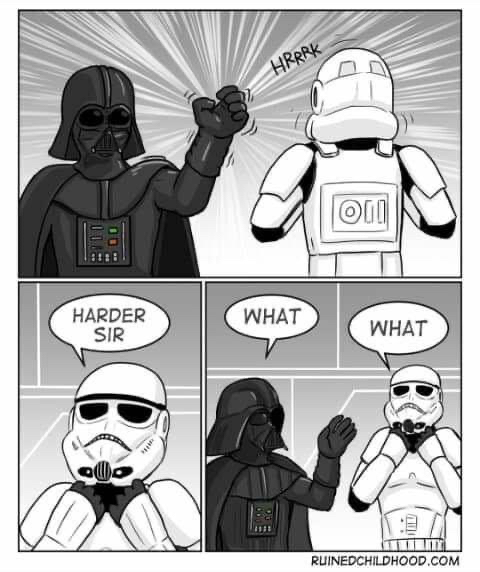
I can hear the generic stormtrooper voice saying this.
I wanted to love it. I really did. After forty two years, the venerable STAR WARS saga wrapped up with The Rise of Skywalker. And yet, last night as I walked out of the theater, I was left with an ill-defined disappointment.
I will, however, give it a solid 7 out of 10. Maybe 7.5. It answered some long-standing questions and paid homage to pretty much every franchise trope ever created, but I—someone who stood in 100 degree Arizona heat for hours to see the first three movies in the 70s and 80s—honestly found myself struggling to give a crap about much of anything that was happening on screen. I appreciate how they paid homage to the late, great Carrie Fisher and were able to integrate her into the film (which was originally intended to be "her" film after featuring Harrison Ford and Mark Hamill's characters in the previous two films) by utilizing existing footage shot for other films and not resorting to CGI, but not even that was able to reach in and grab the heartstrings the way those first three films did. Even seeing the opening crawl and hearing the familiar John Williams' score failed to move me the way they had in times past.
And some of the storyline decisions…
From Jezebel (spoilers ahead; highlight to read):
The Rise of Skywalker is a return to history, but a sloppy one at that. It's more fan service for the older movies than a fitting end for the characters introduced in The Force Awakens. Instead of propelling these characters forward, it yanks them back to the past in ways that truly do not make sense (How is Palpatine still alive and how did he have kids? How did young Leia have a vision that her son would be saved by someone else using her lightsaber in Skywalker, but then still be adamant about putting him through Jedi training in TLJ despite knowing he'd turn dark?). In addition to this baffling attempt to end storylines from ages ago—storylines believed to already have been ended—The Rise of Skywalker doesn't even stick to its own creative choices. There are moments where the stakes are raised, like when Rey kills Chewie, C3PO's memory is wiped, or when Hux is revealed to be the spy from the First Order, but then are immediately undone or resolved, with no lingering or greater thought. It's as if this movie is meant to please without putting anyone at risk. No death feels real. No sacrifice or victory feels earned.
Let's just leave it at that.
I am certainly not the same, naive nineteen year old I was in 1977. I've changed. The world has changed since those heady days. And that may be one of the reasons I was so emotionally unmoved by this last film.
I'm glad I lived to see it. To be honest, one of the things that played a big mental role in me beating cancer in 2003 was the thought that I couldn't die yet…there were still four more movies coming out!
And FYI, I'm definitely Team FinnPoe. There was just such an…energy…between those two, especially during the first fifteen minutes or so of the film, that pinged my little homoerotic heart.
Should you see it? Yes. For completion if nothing else. Will I see it again? Undoubtedly. (But probably not until It appears on Netflix.)
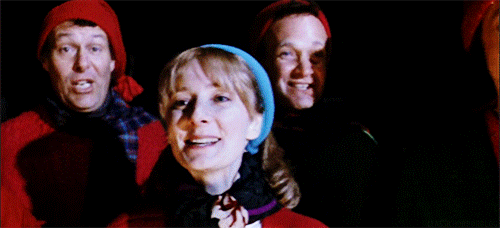
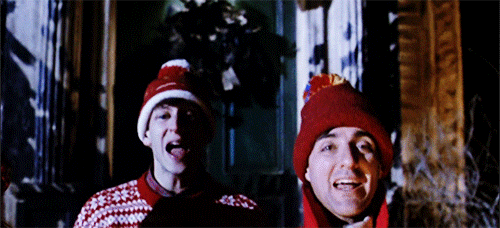
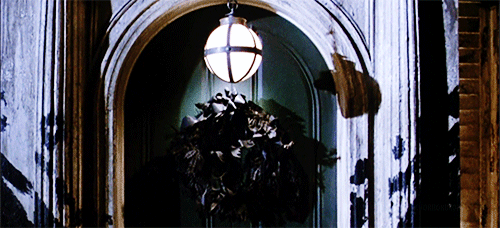
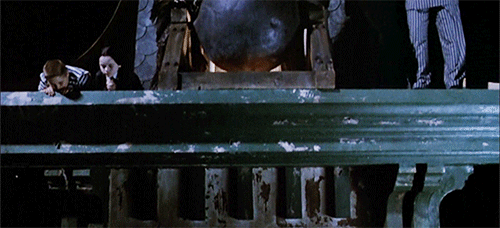
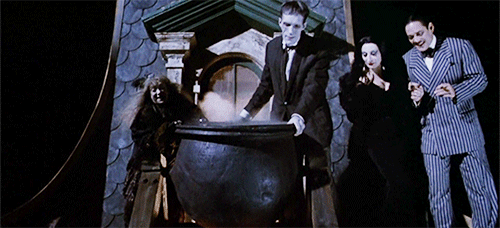
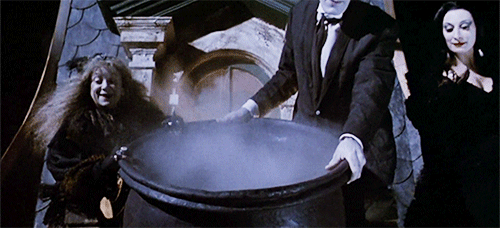

Why am I not excited about this? Why—after FORTY TWO YEARS of waiting for the final episode of the final trilogy—do I not care?
Is it because the first trilogy with JarJar and the midiclorians left such a bad taste in my mouth that I've dismissed out of hand everything after Return of the Jedi?
I honestly don't know.
Will I see it? Of course. For a saga that set the spiritual theme of my entire life, I cannot not see it. Will I see it more than once? That, my friends, is unlikely unless it somehow manages to recapture the magic of the original.
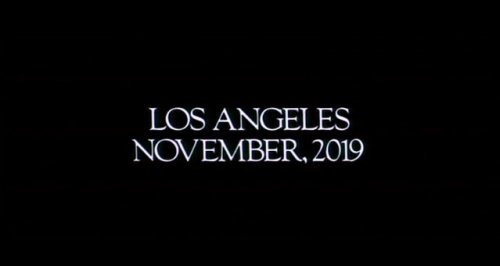
…that the original Blade Runner occurs in the future.
2019 seemed so far off when I saw this film on its opening night. A quick calculation also came back with, "I'm going to be how old in 2019?!"
